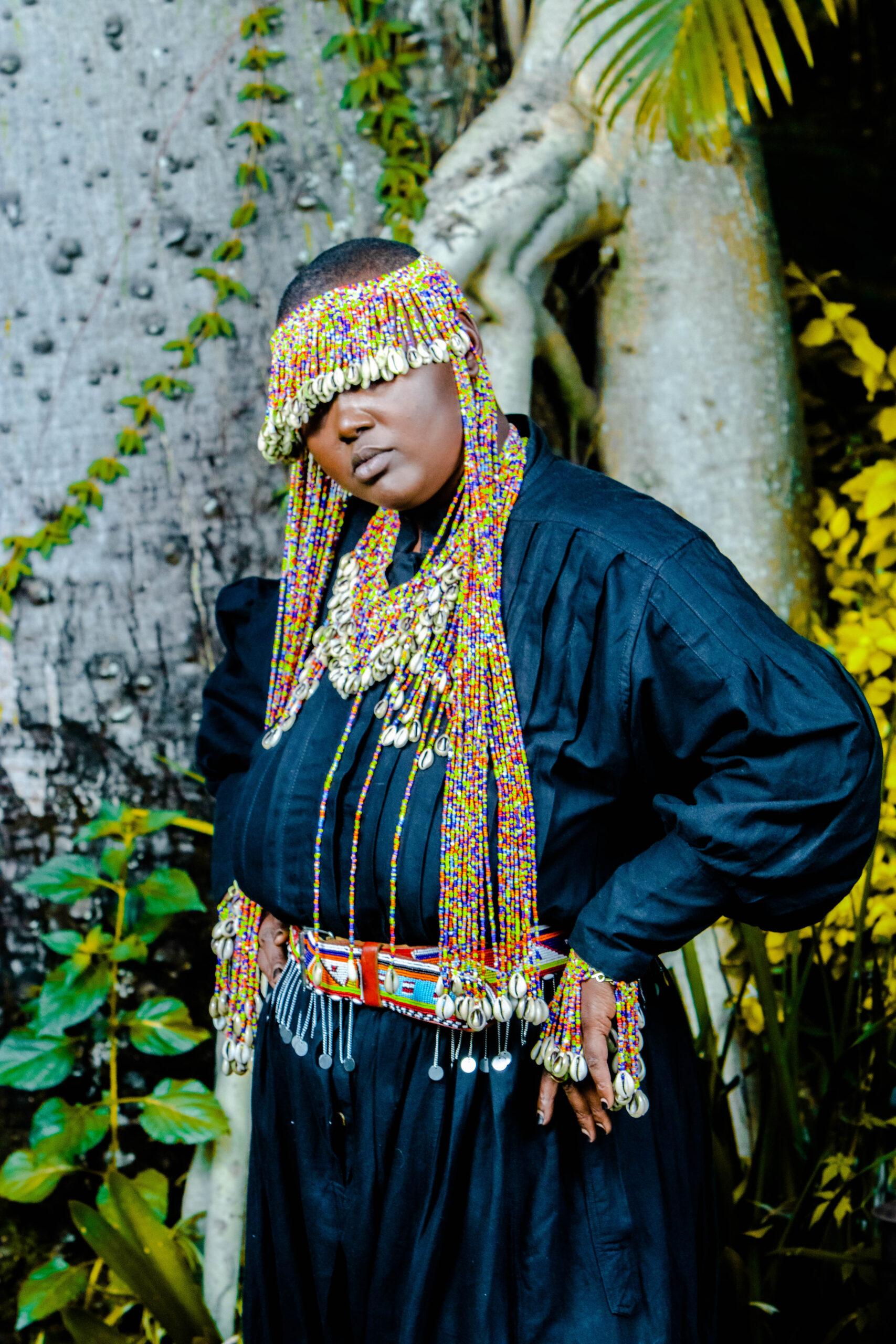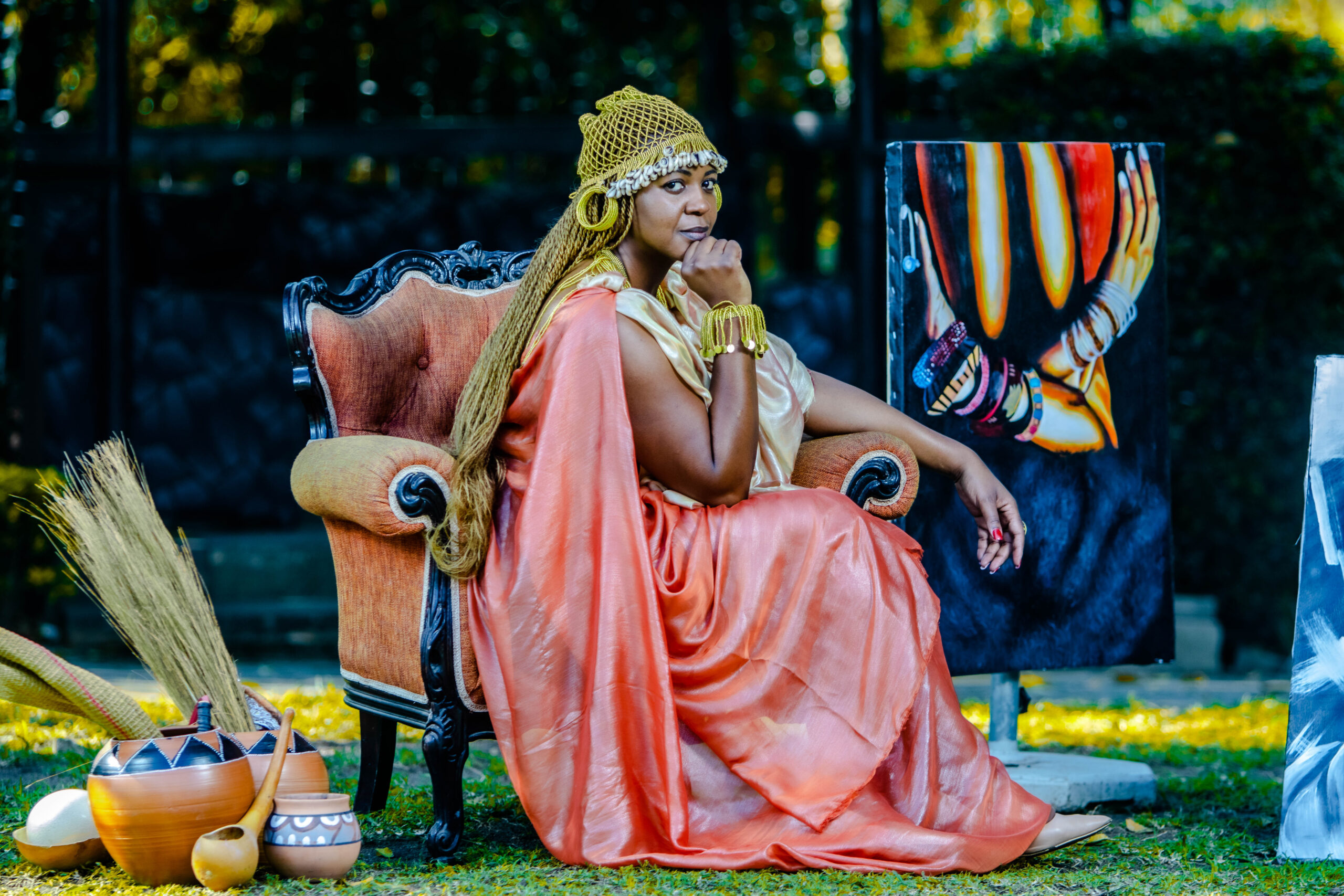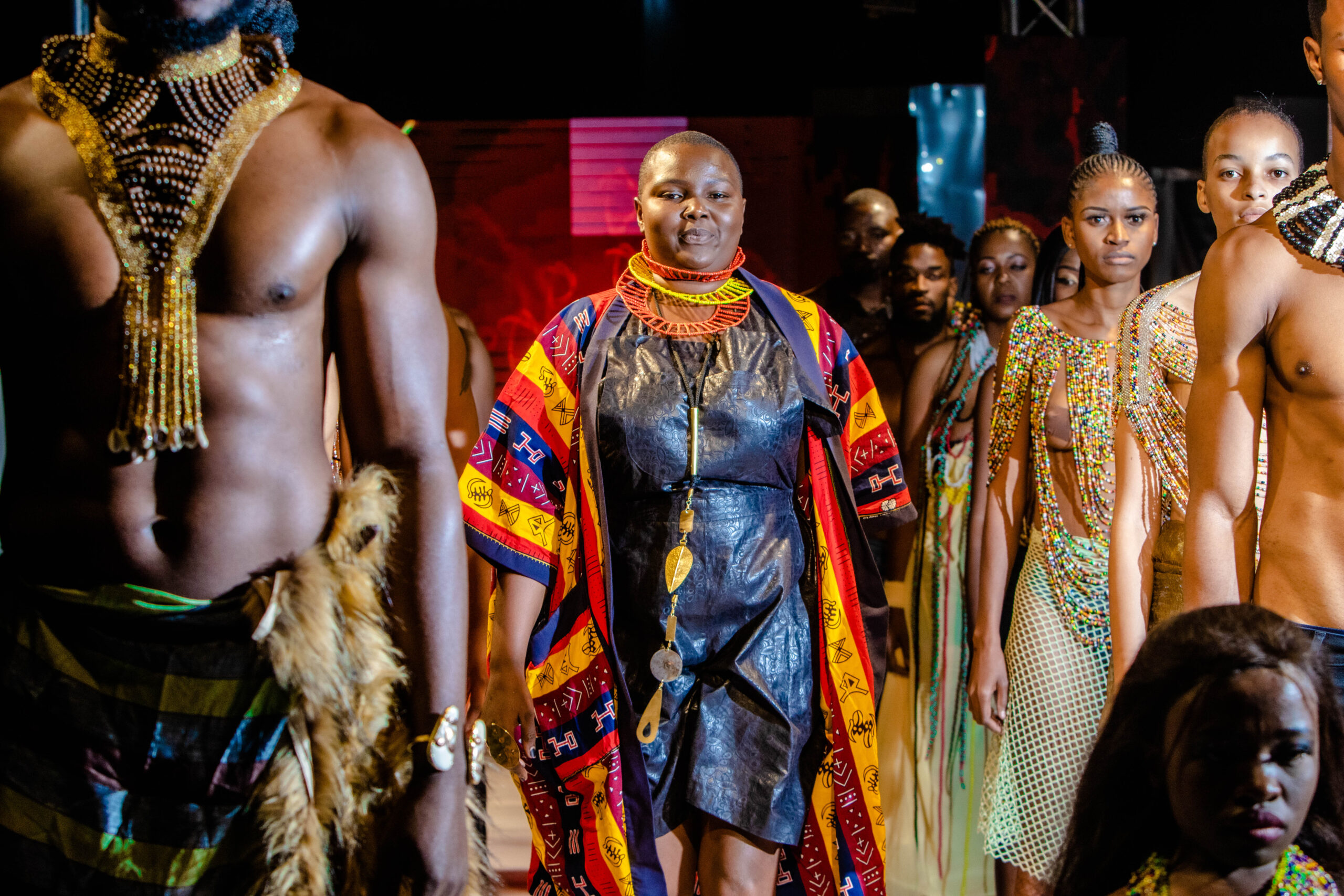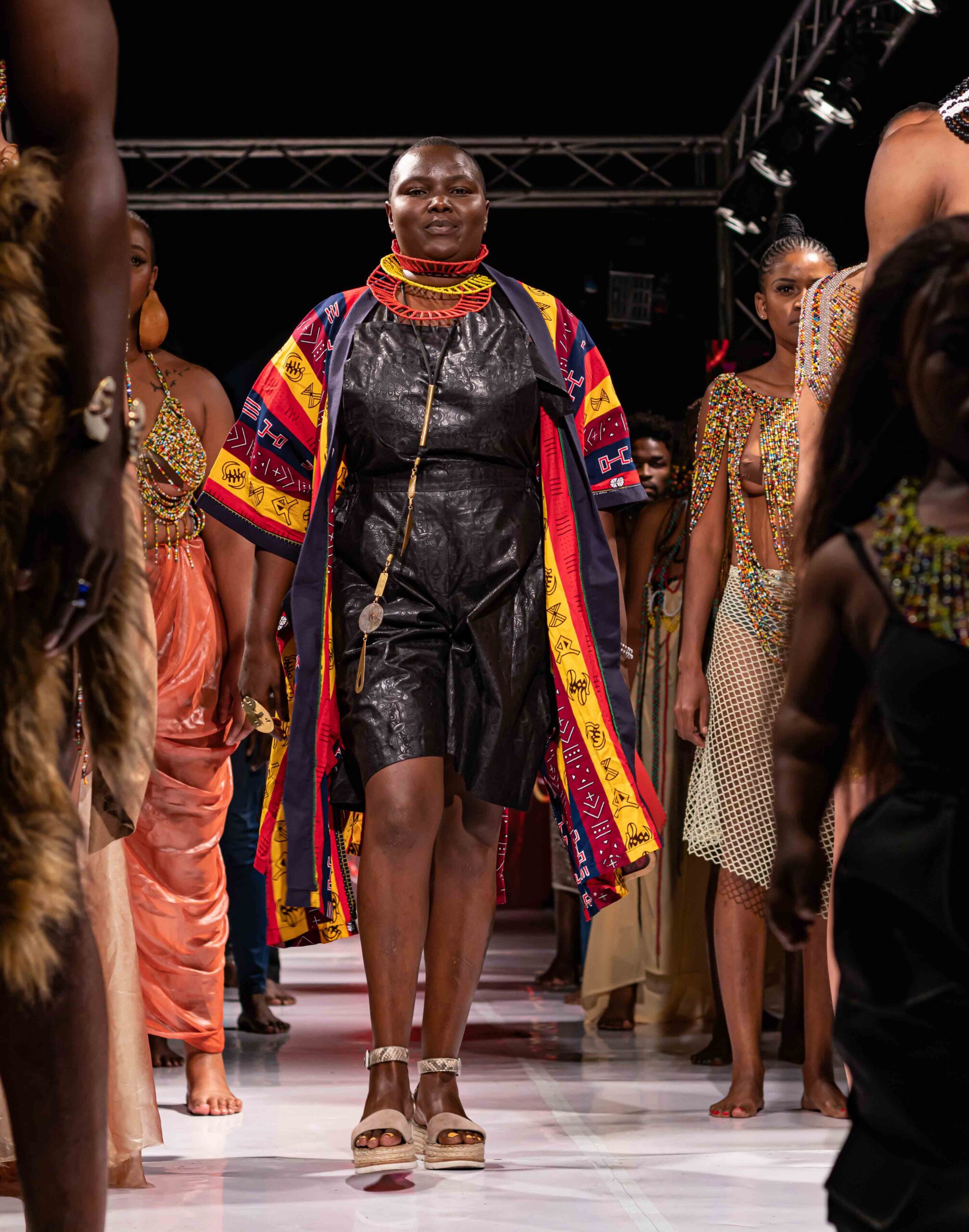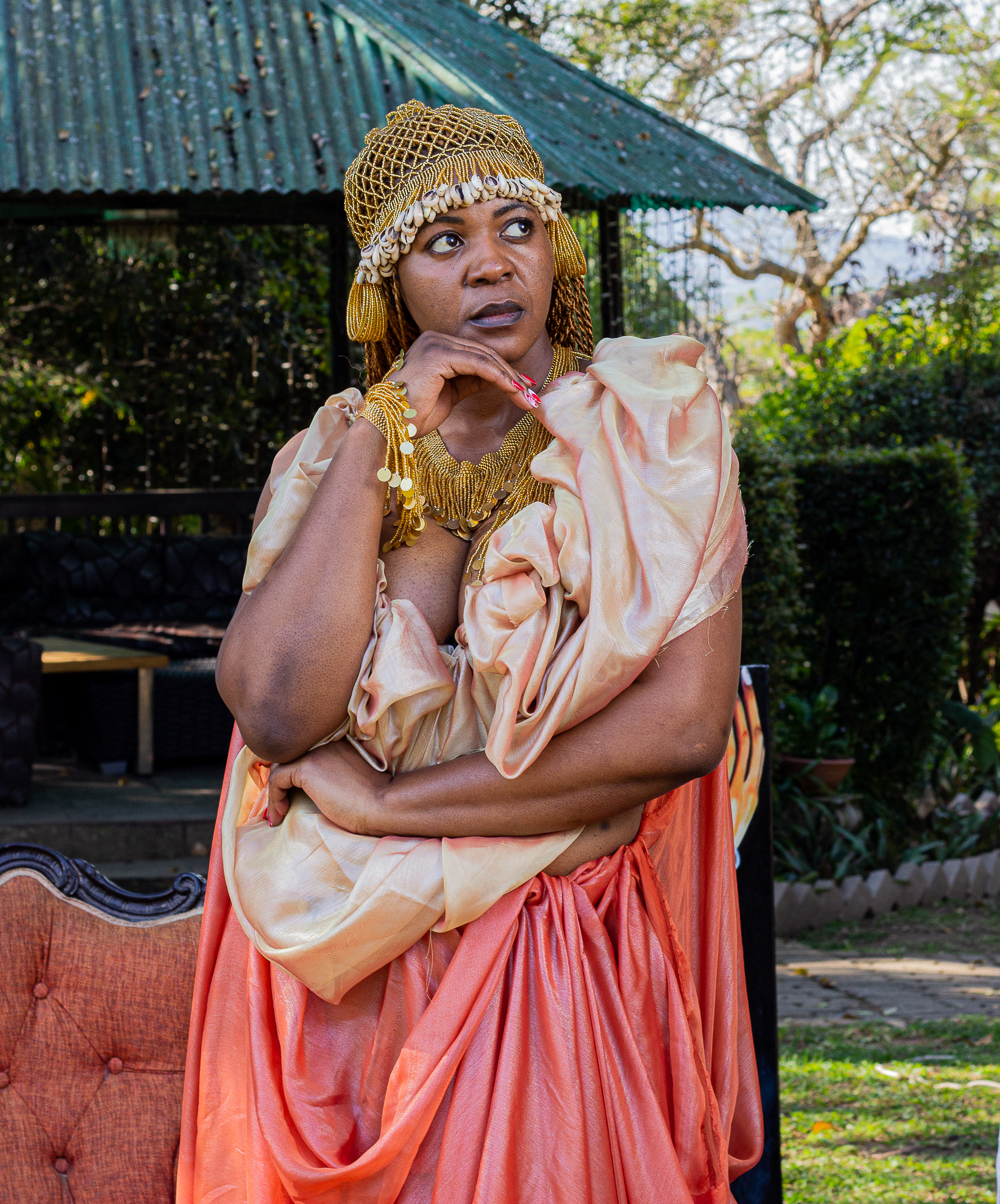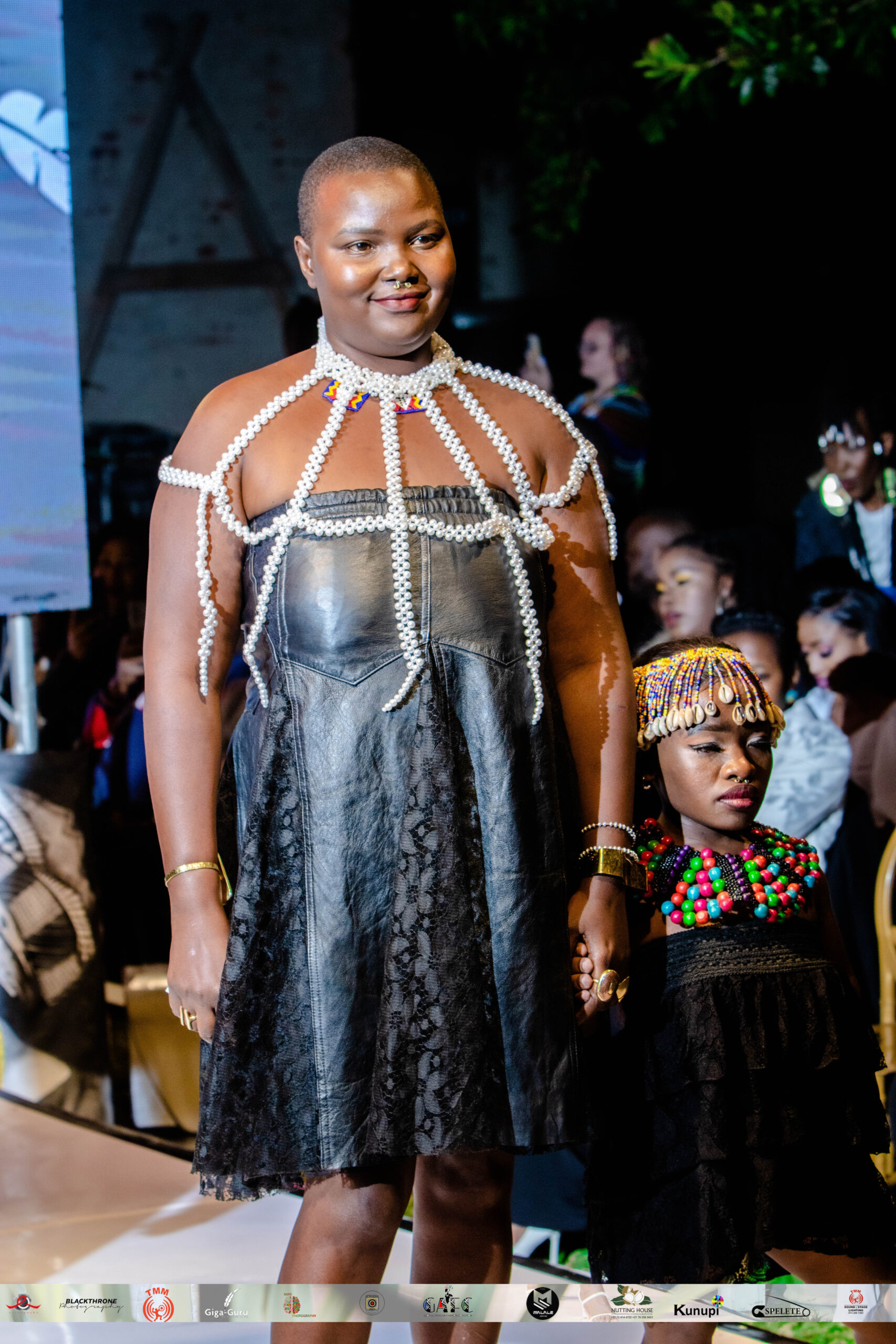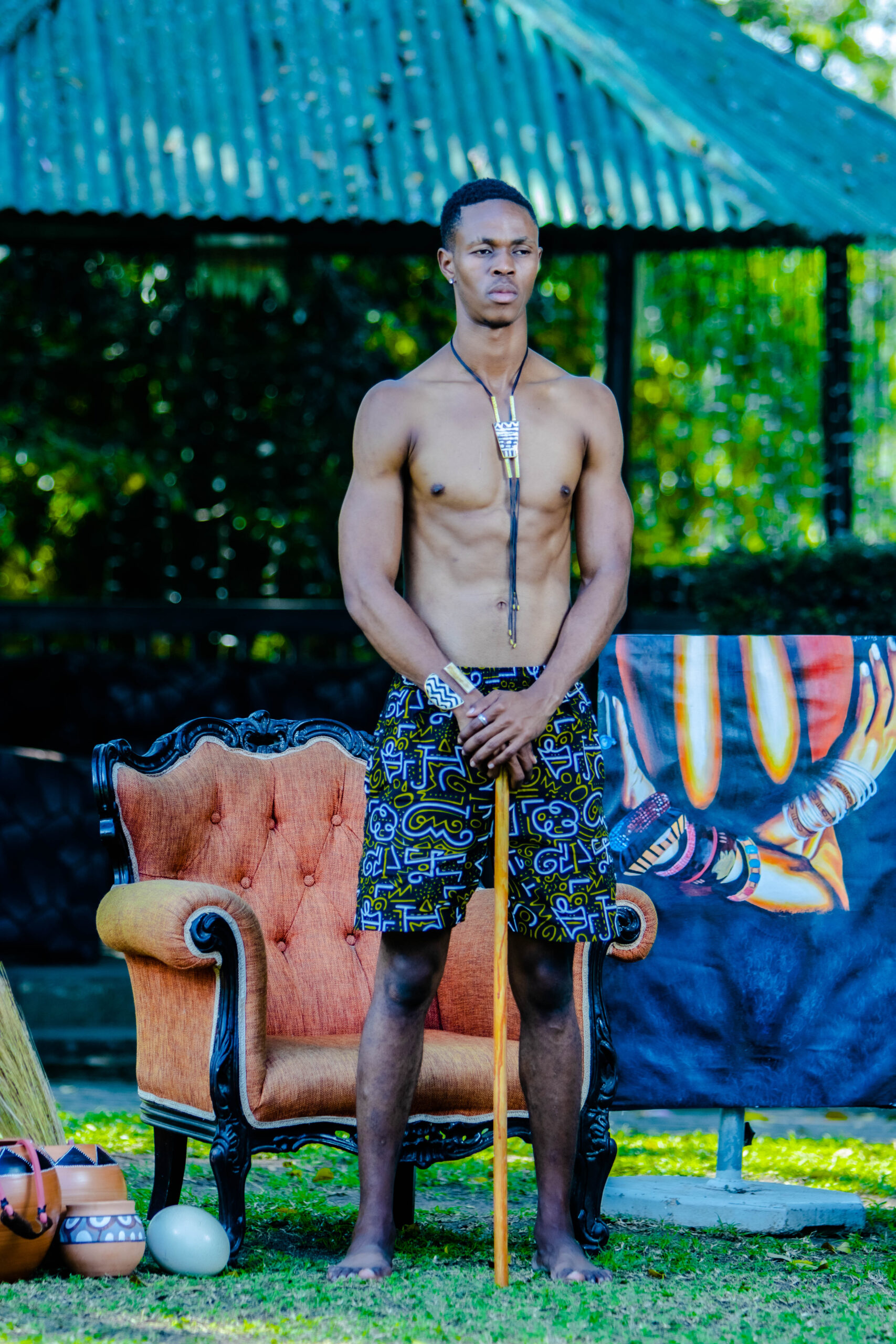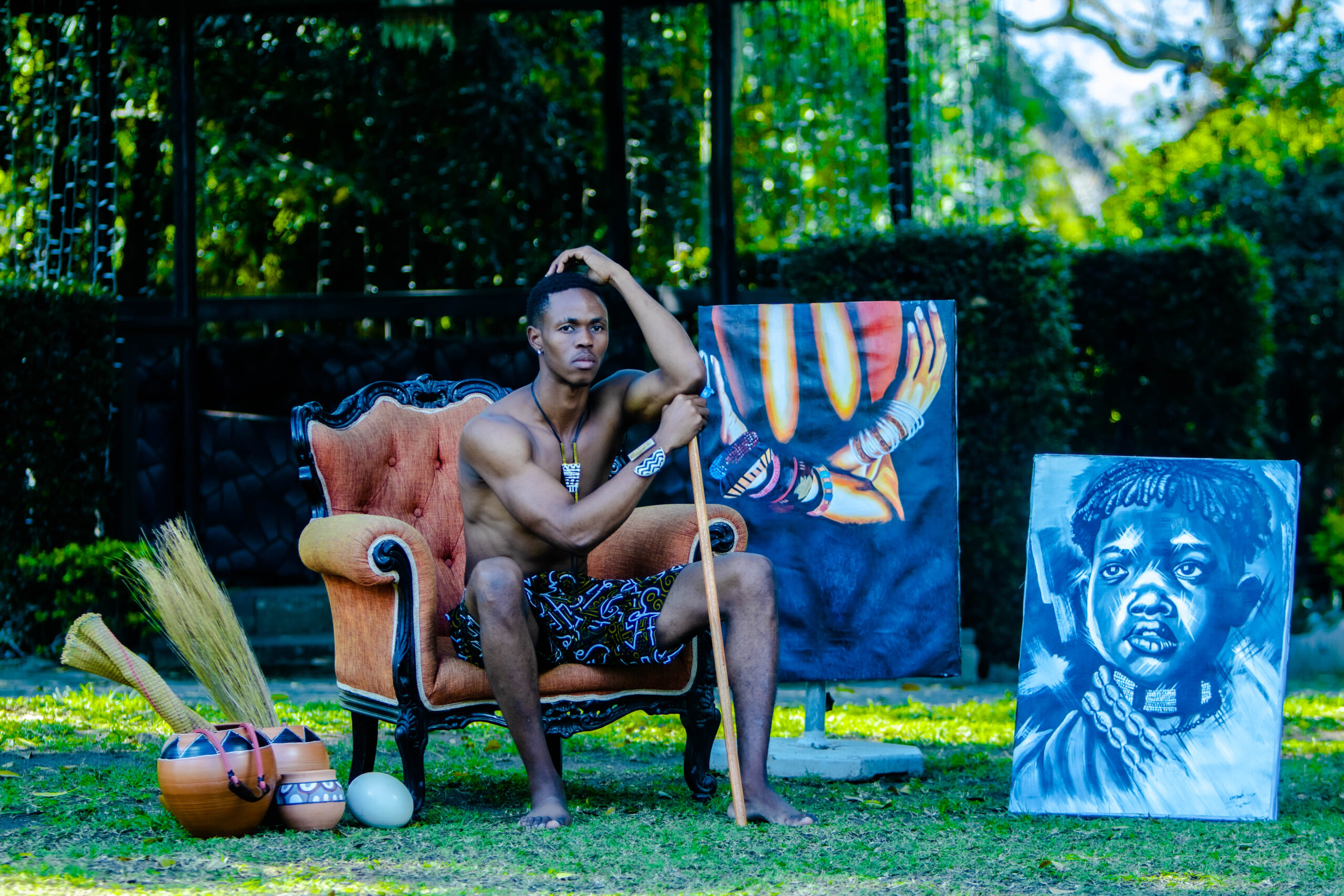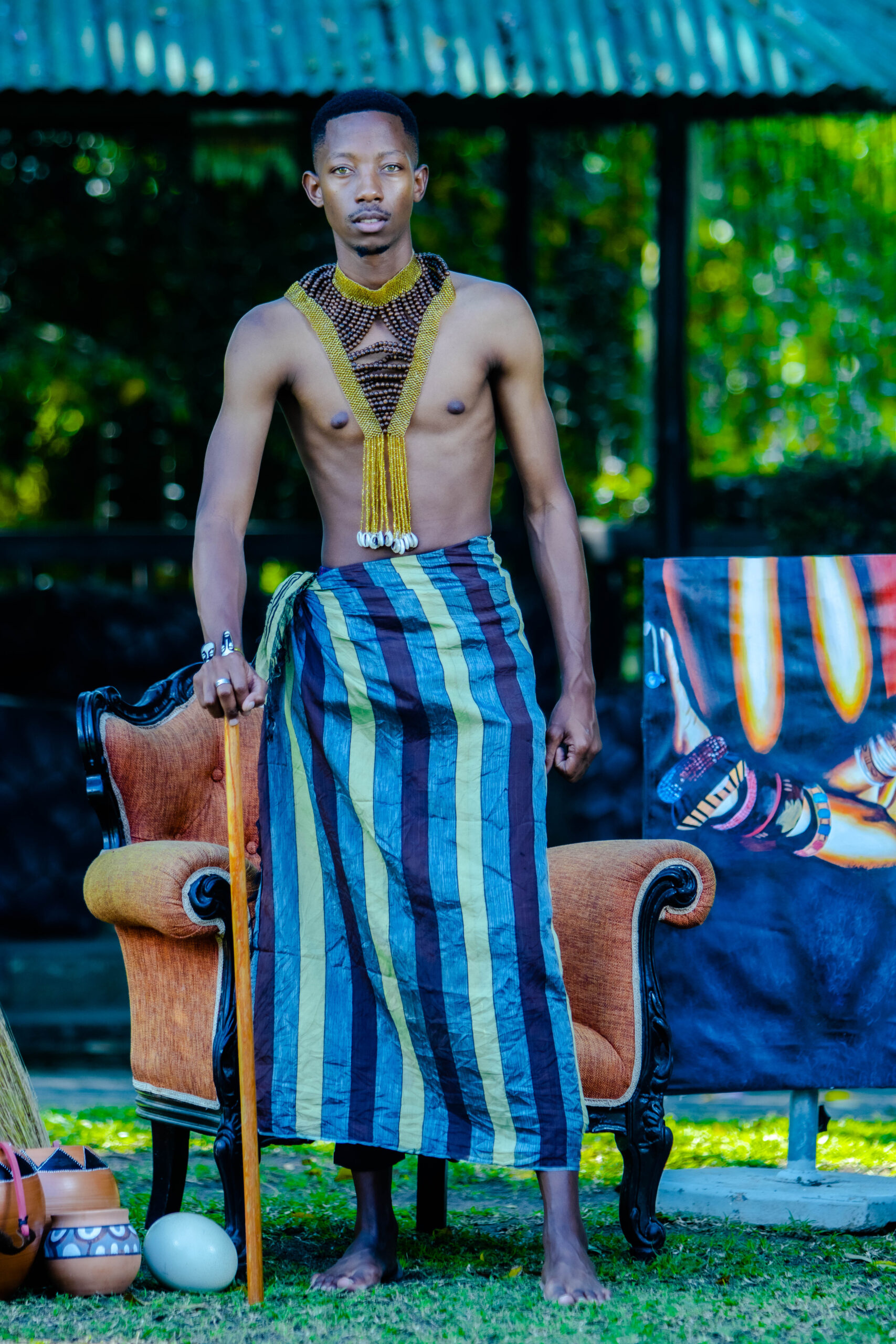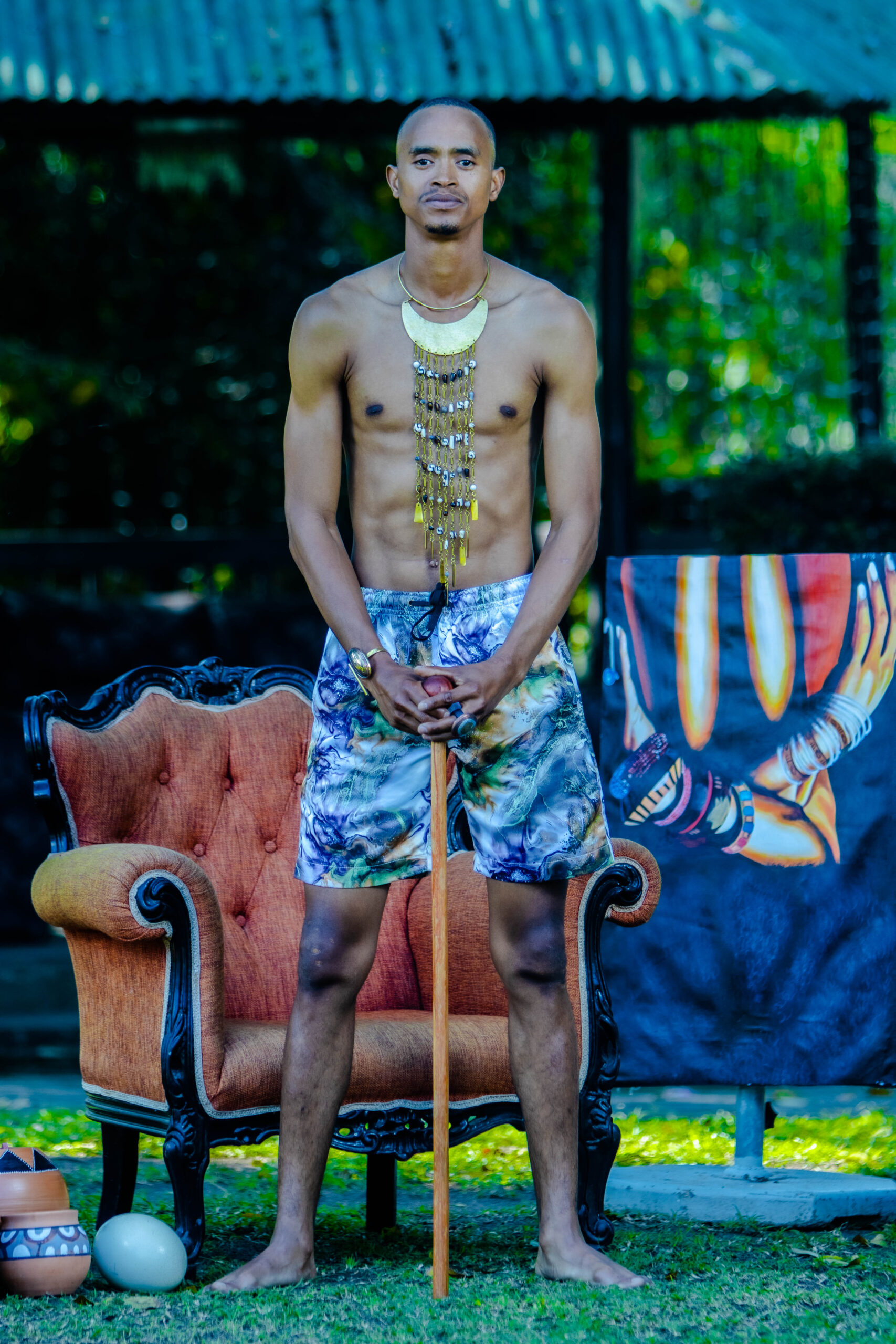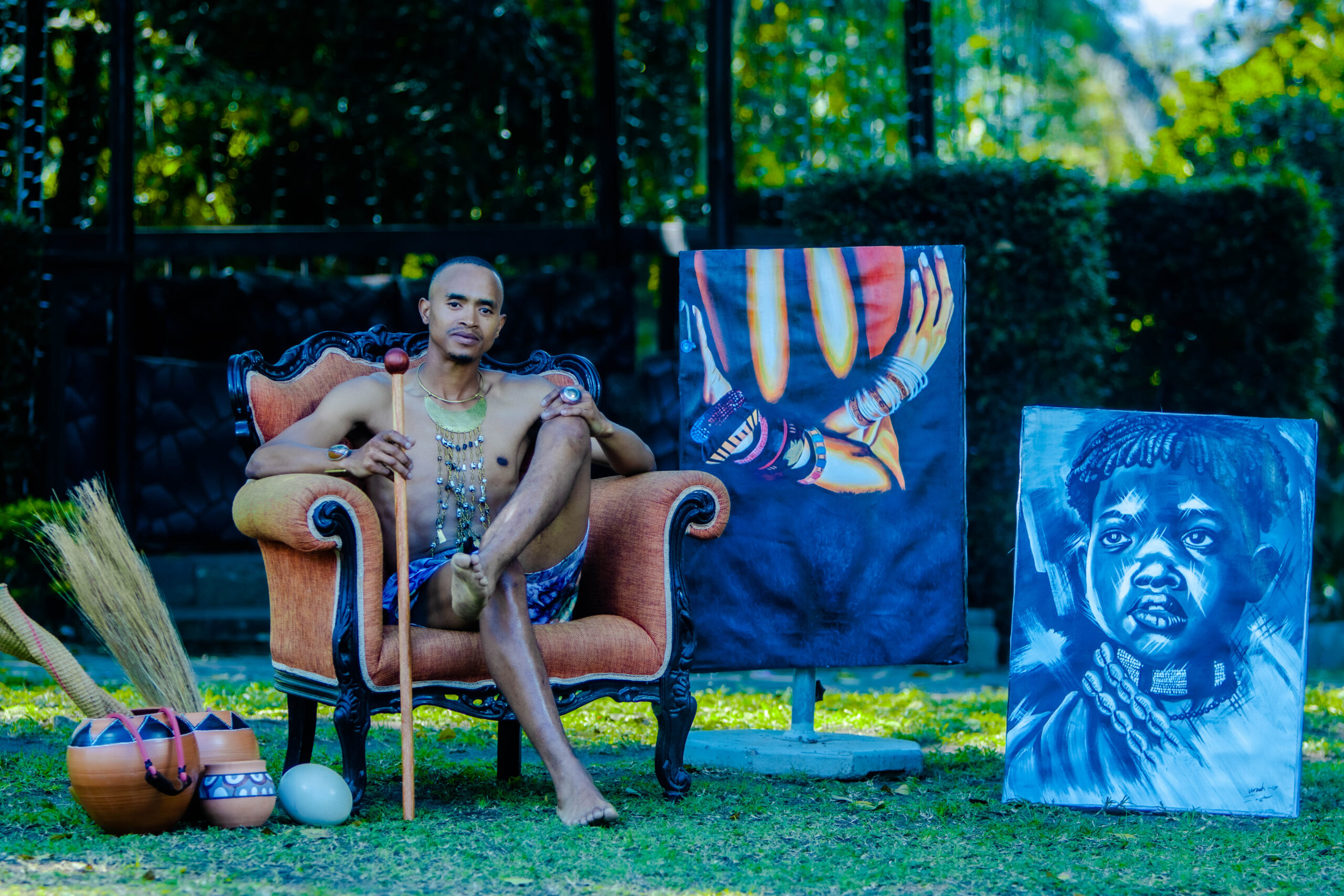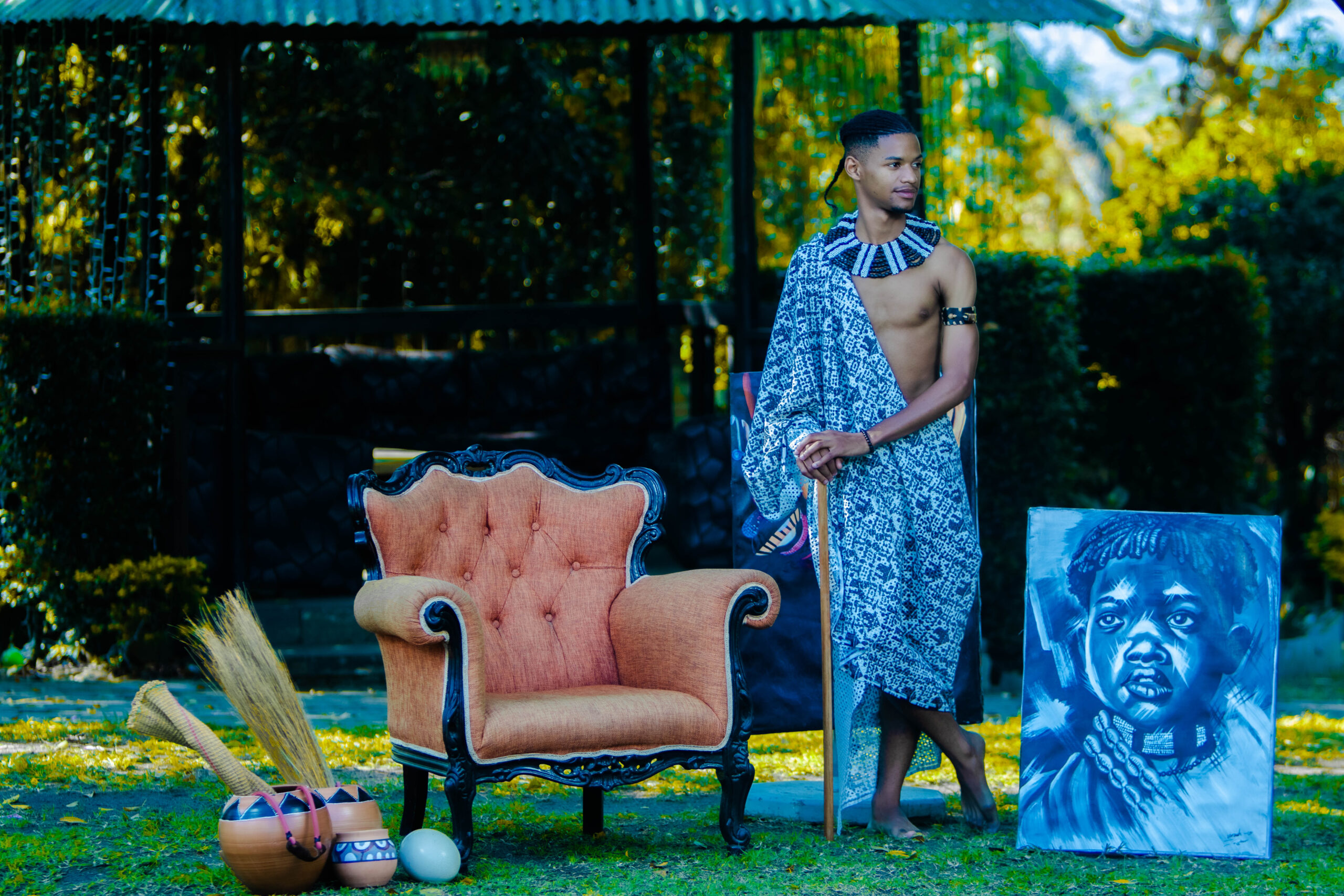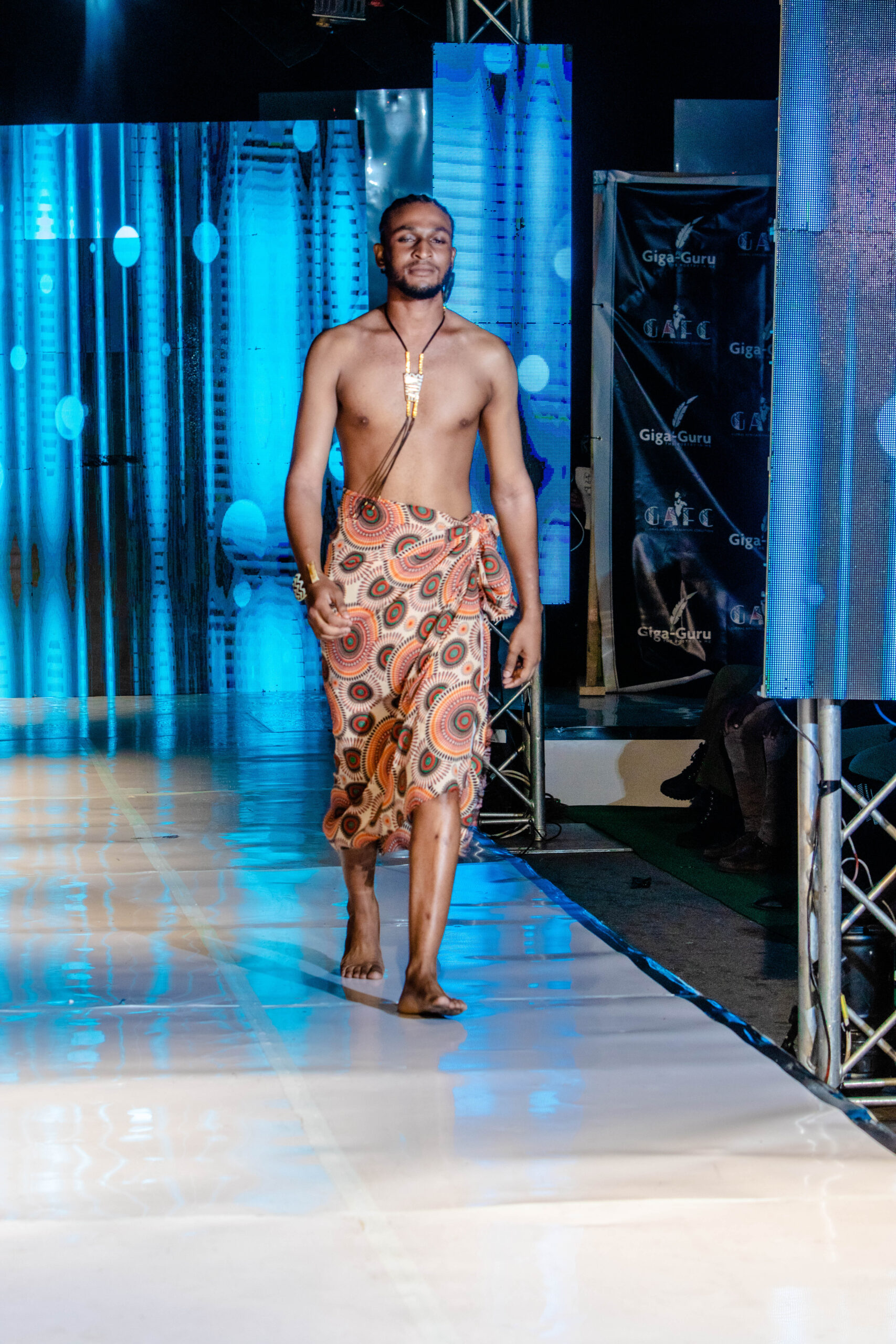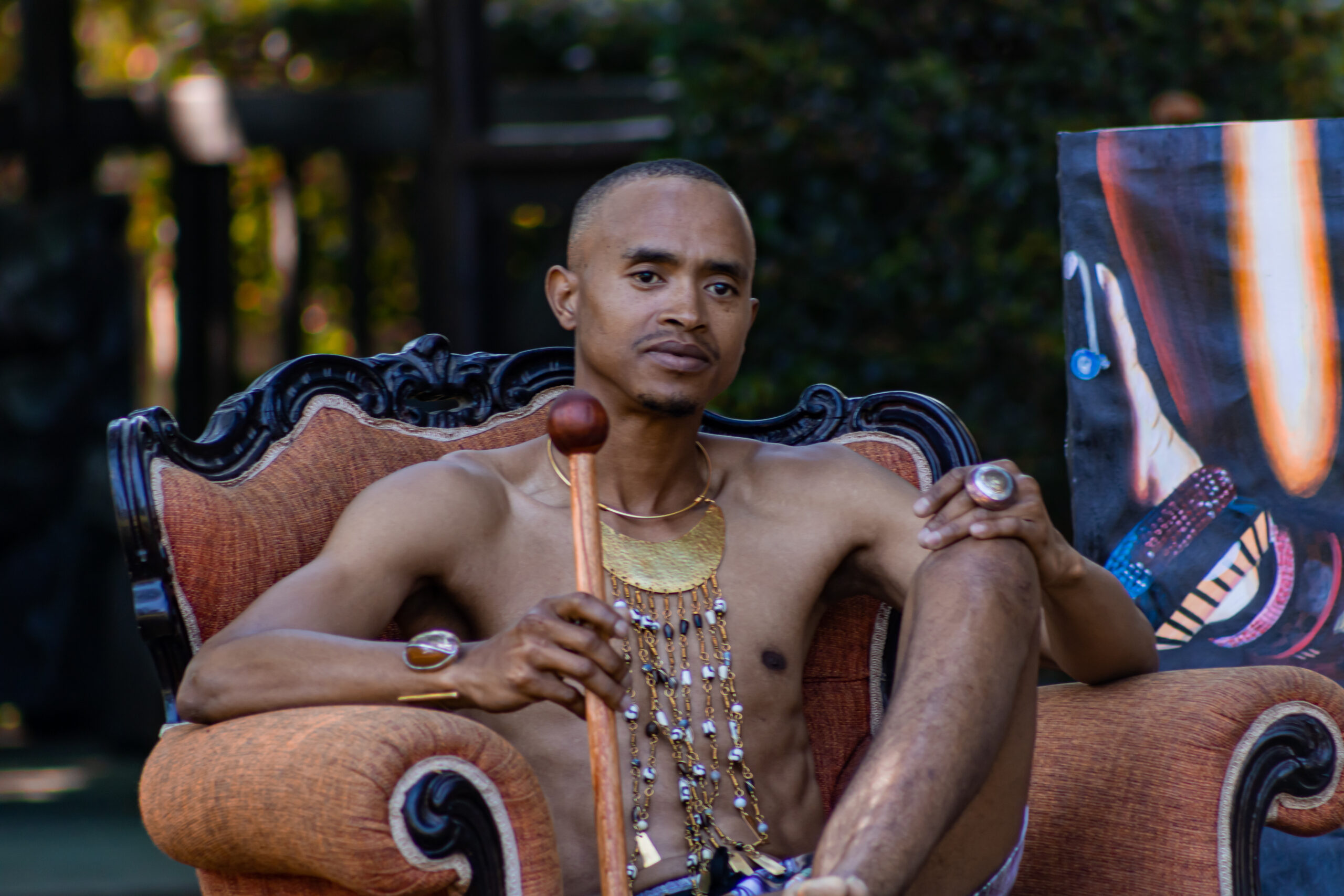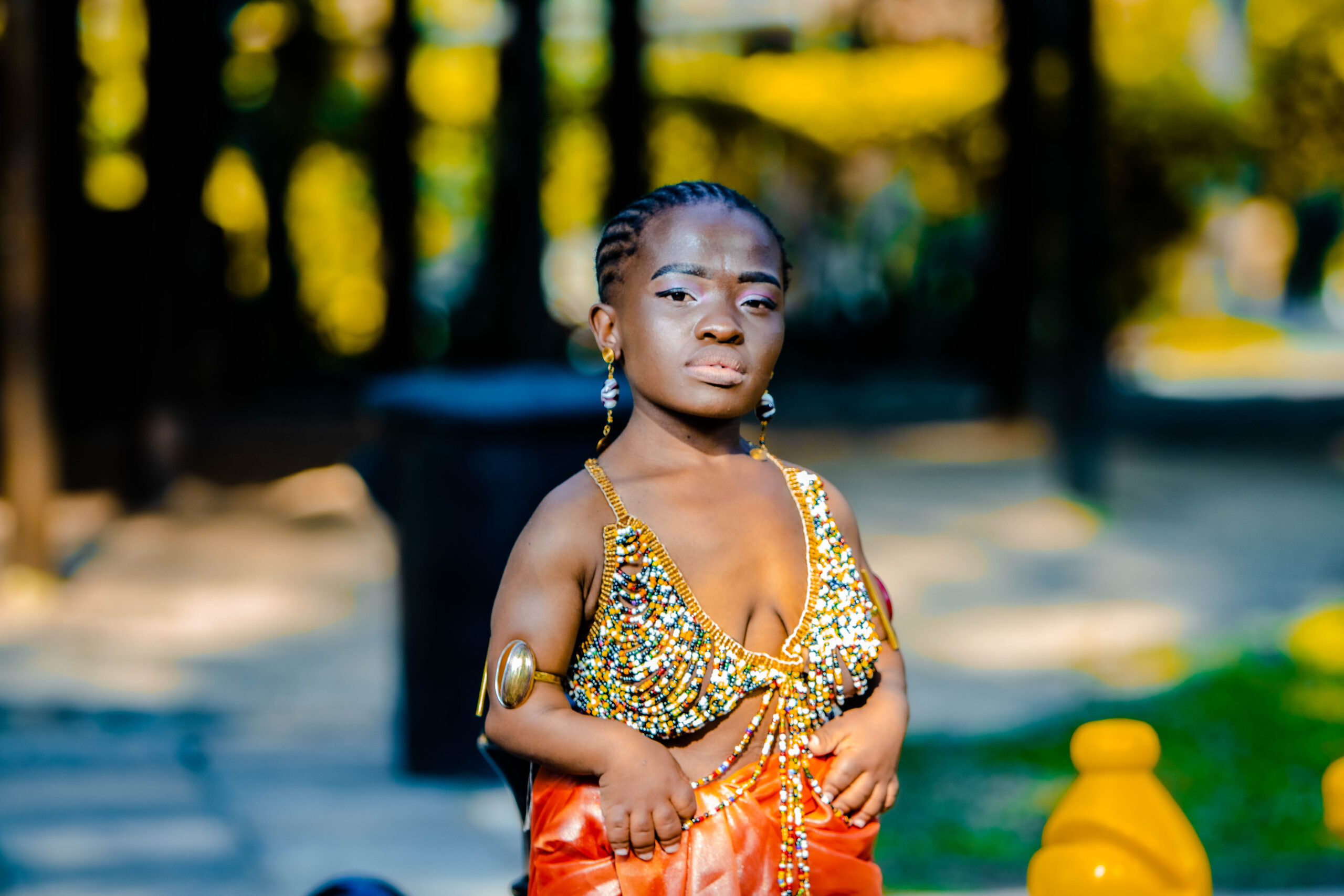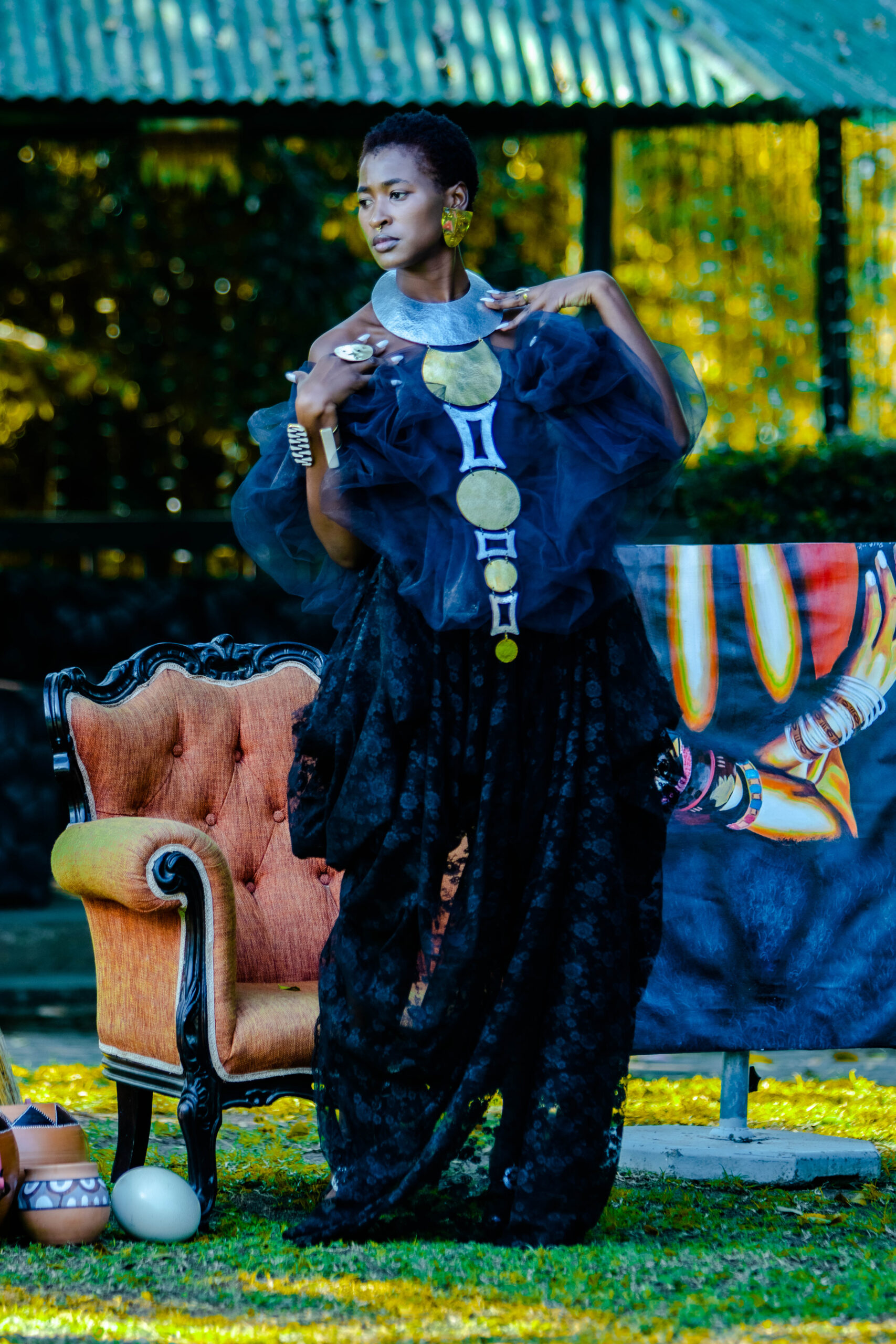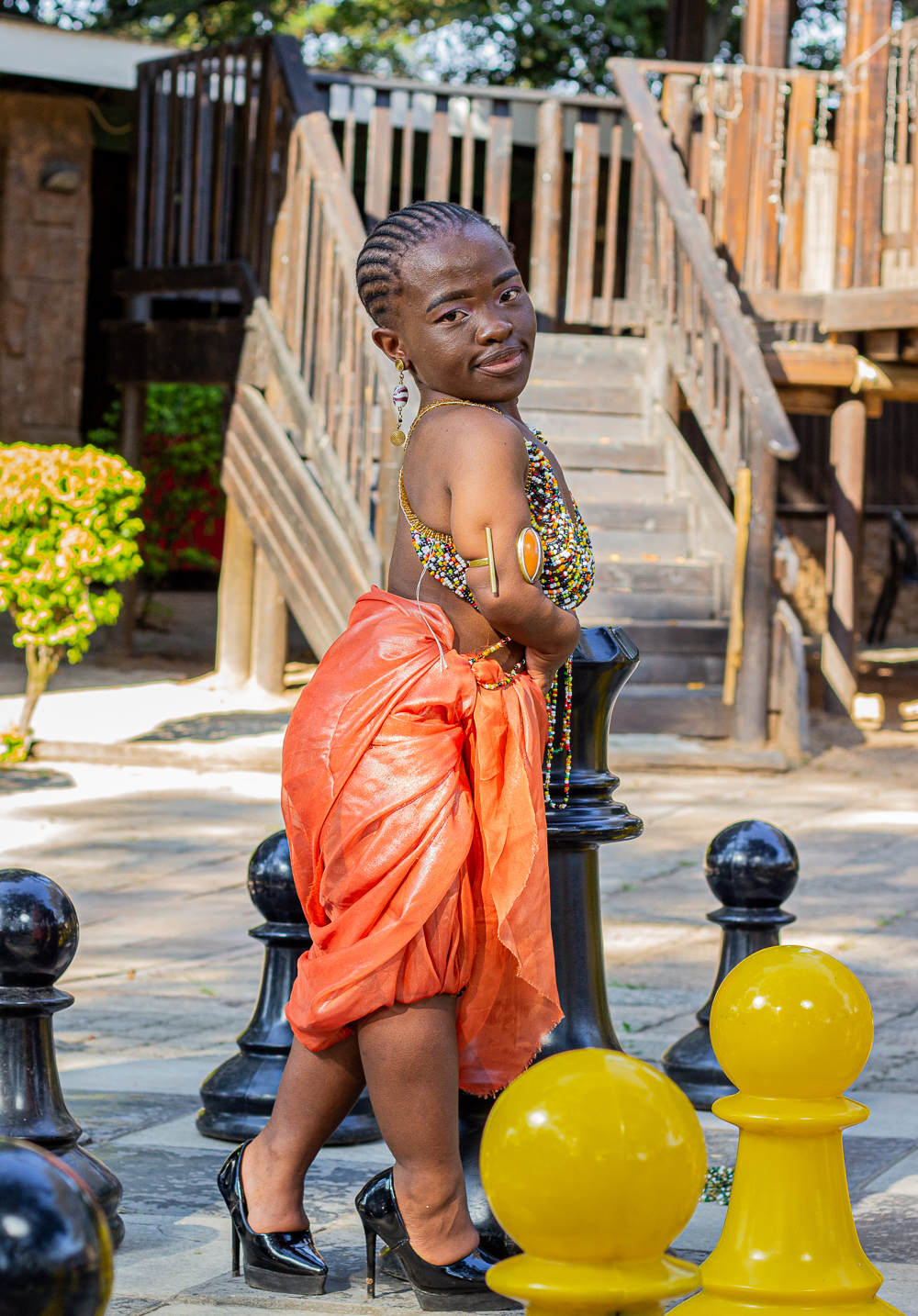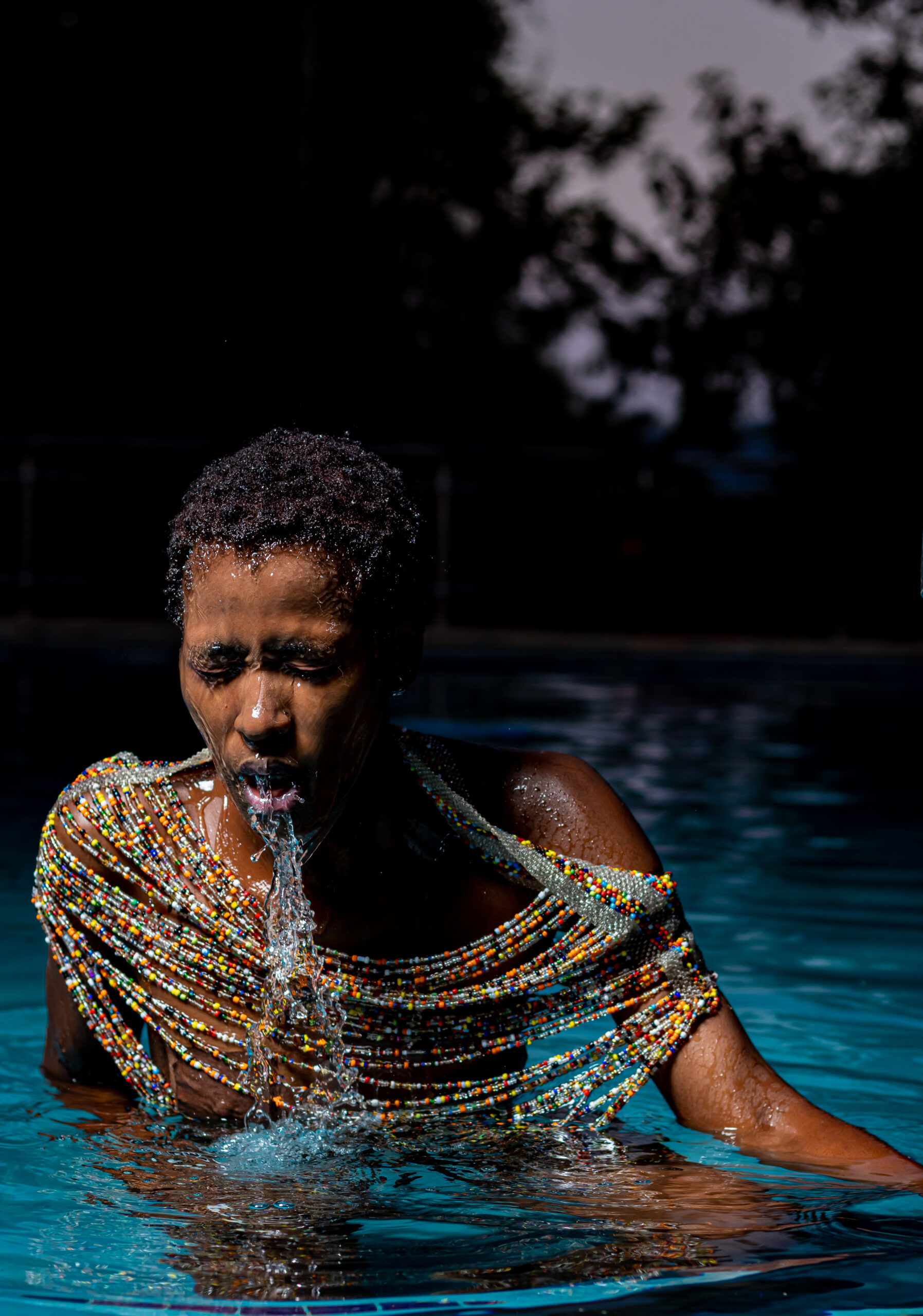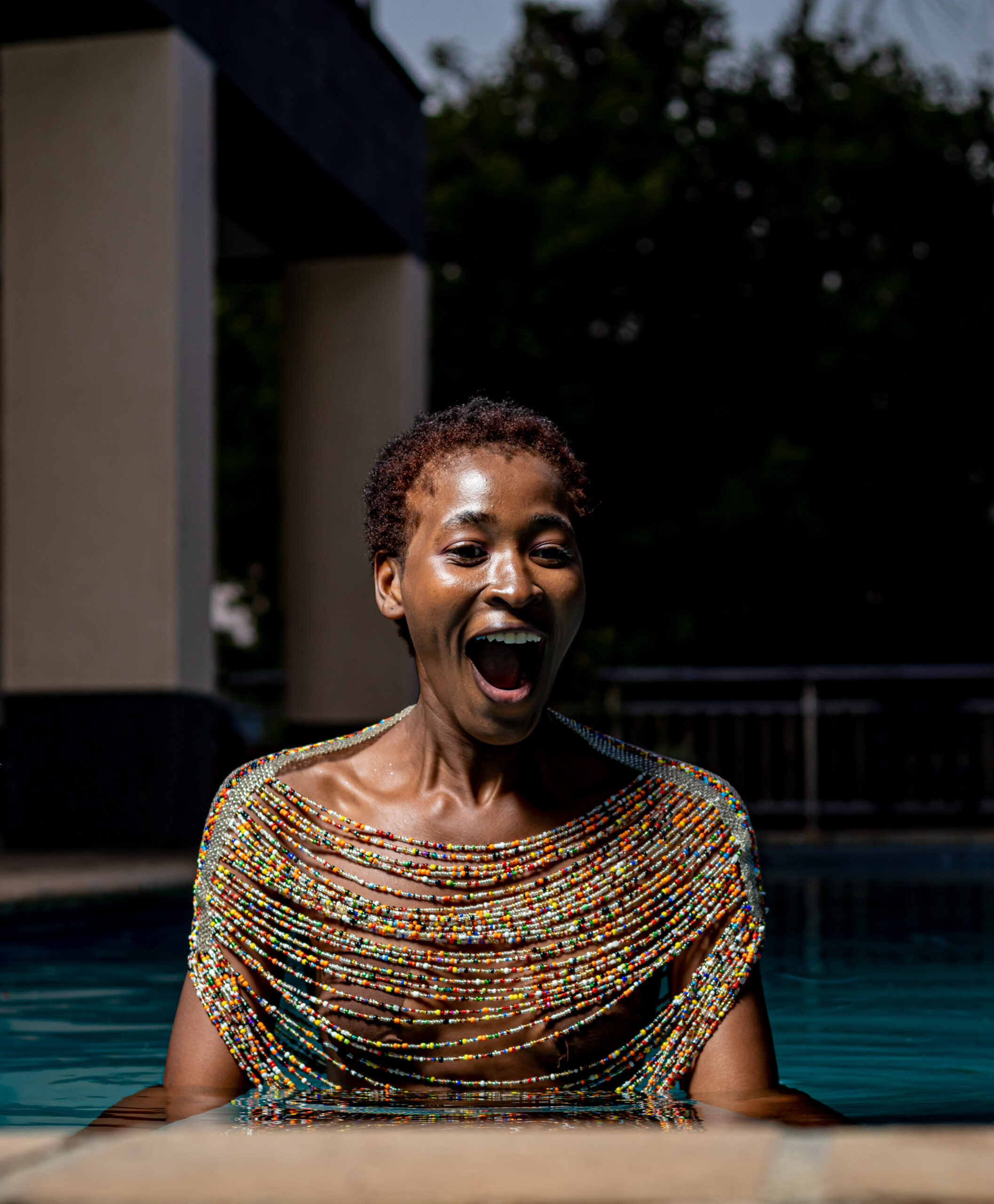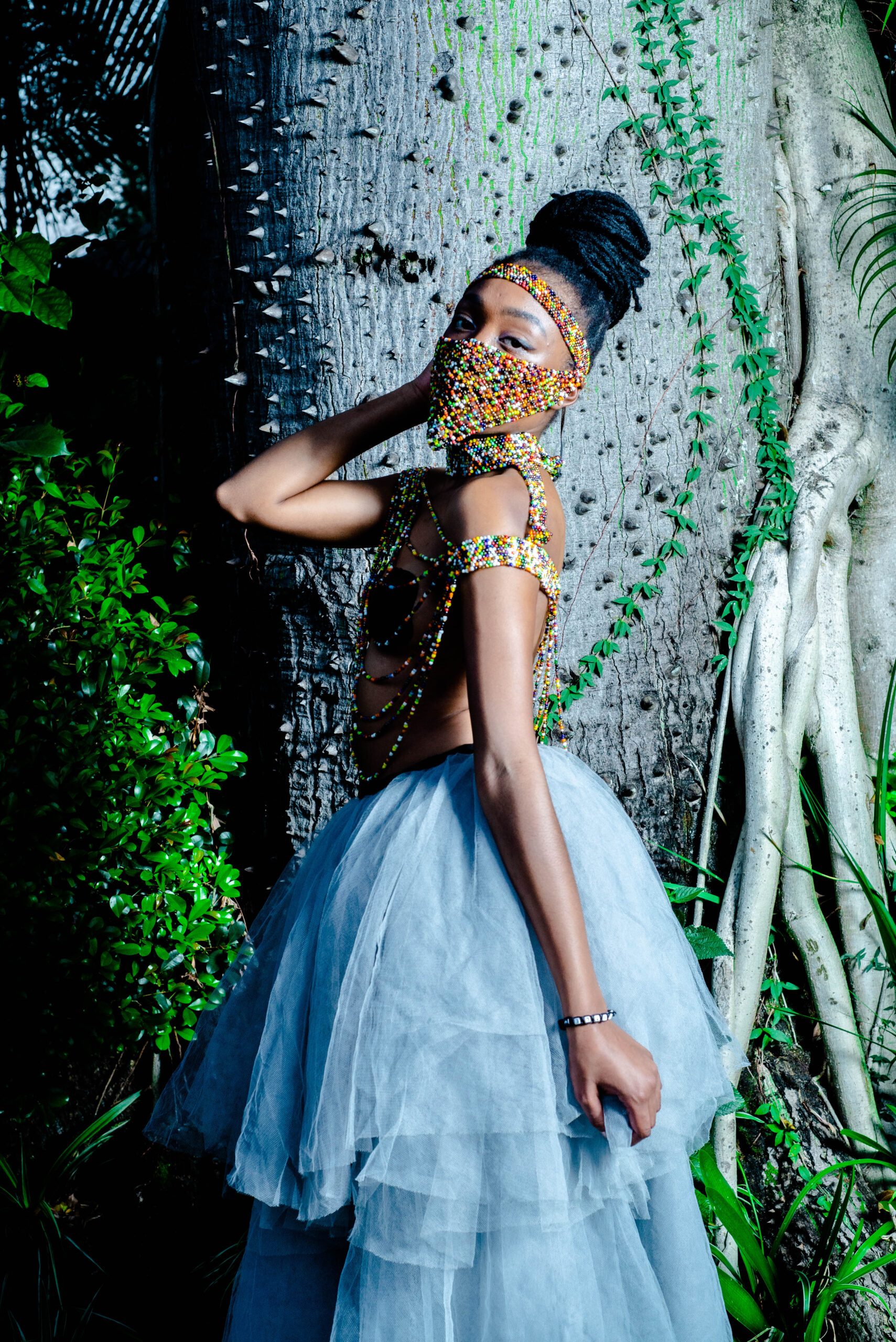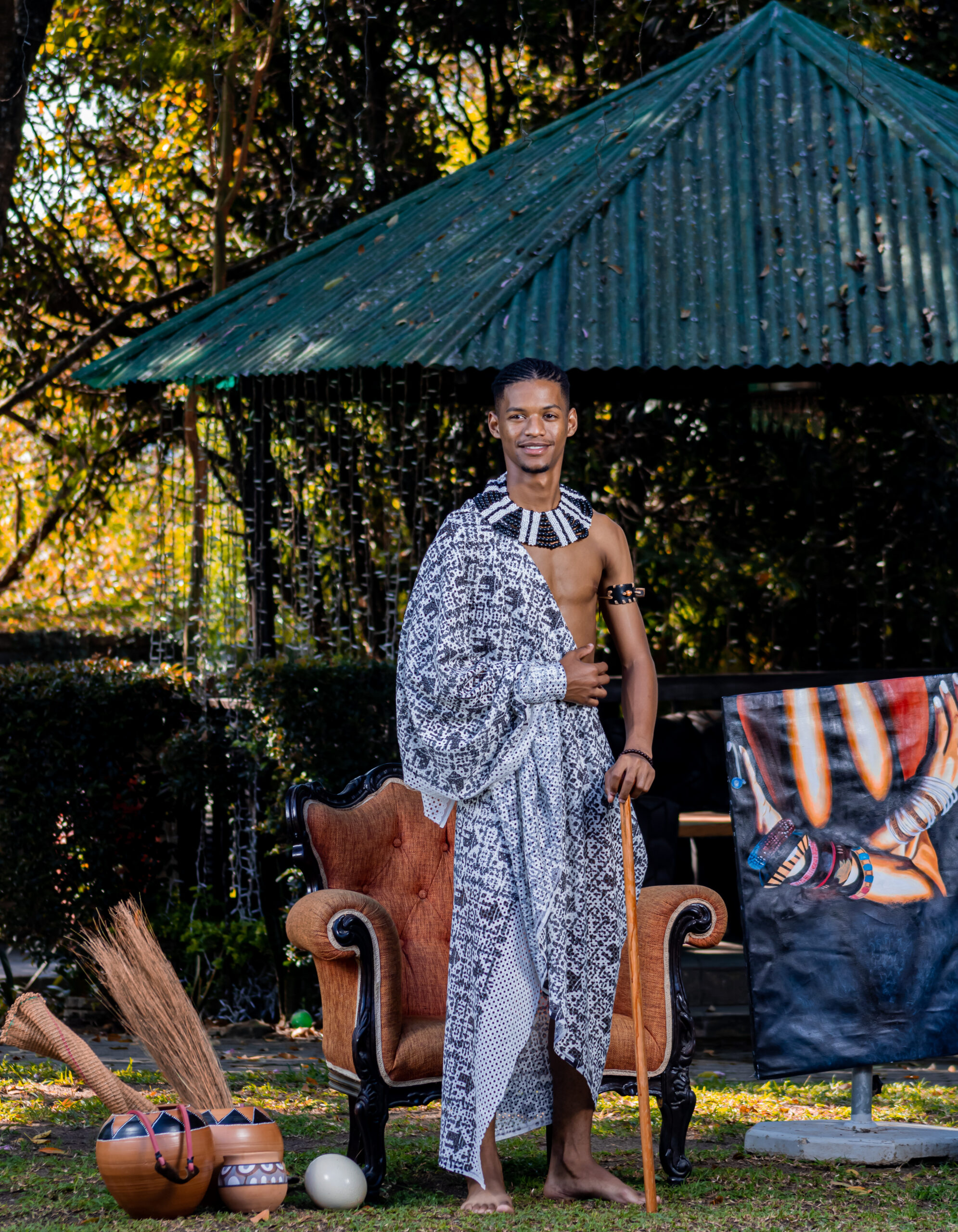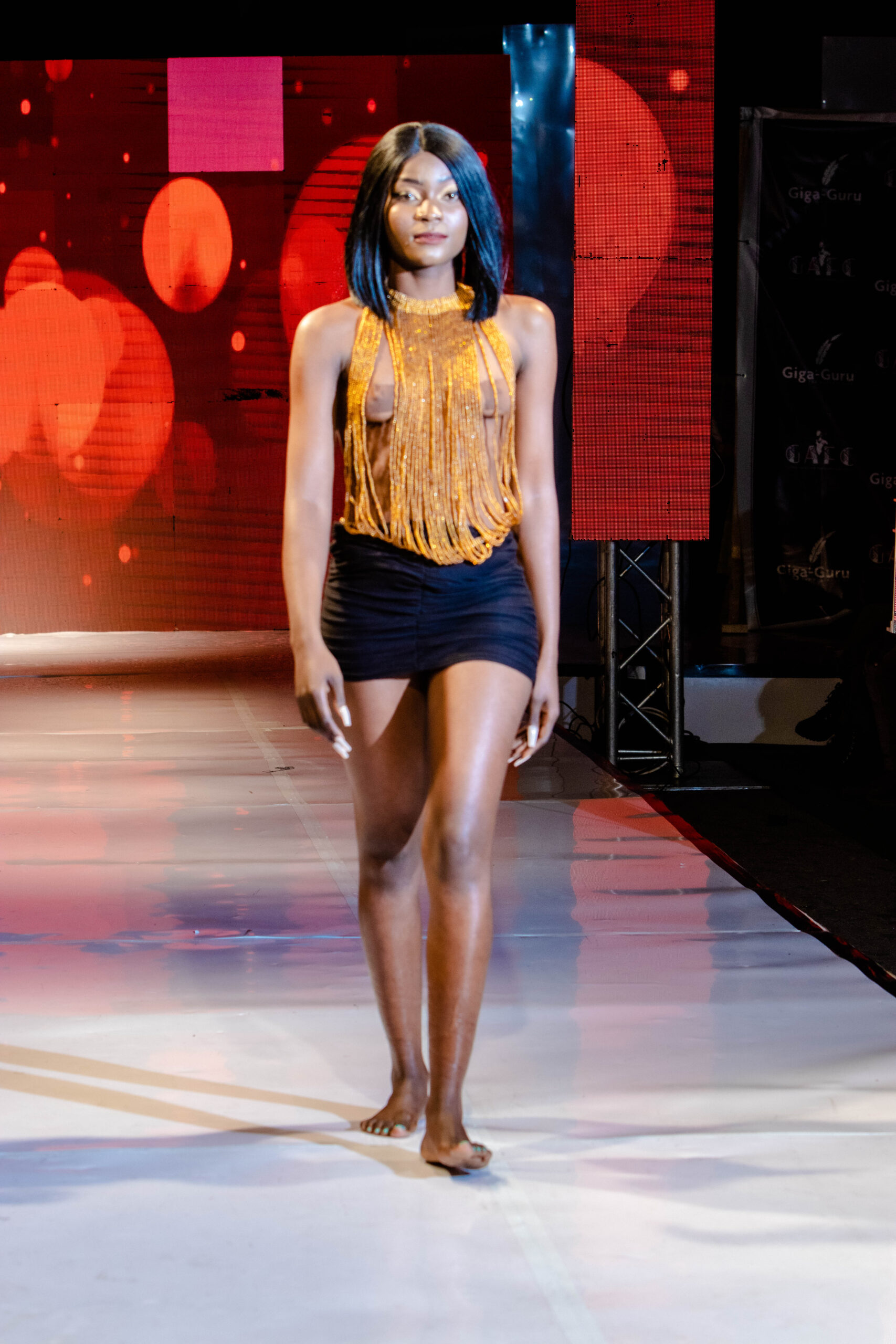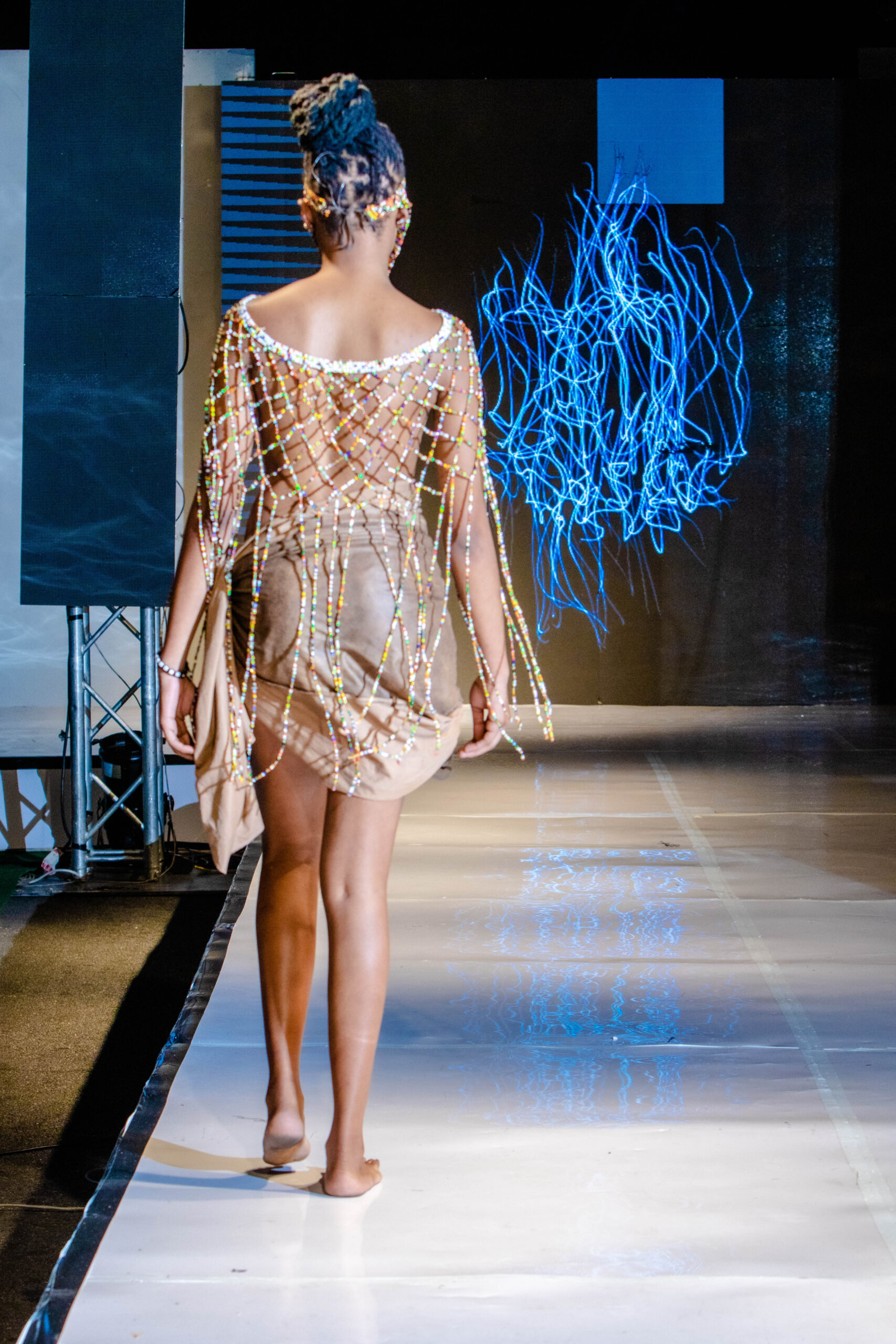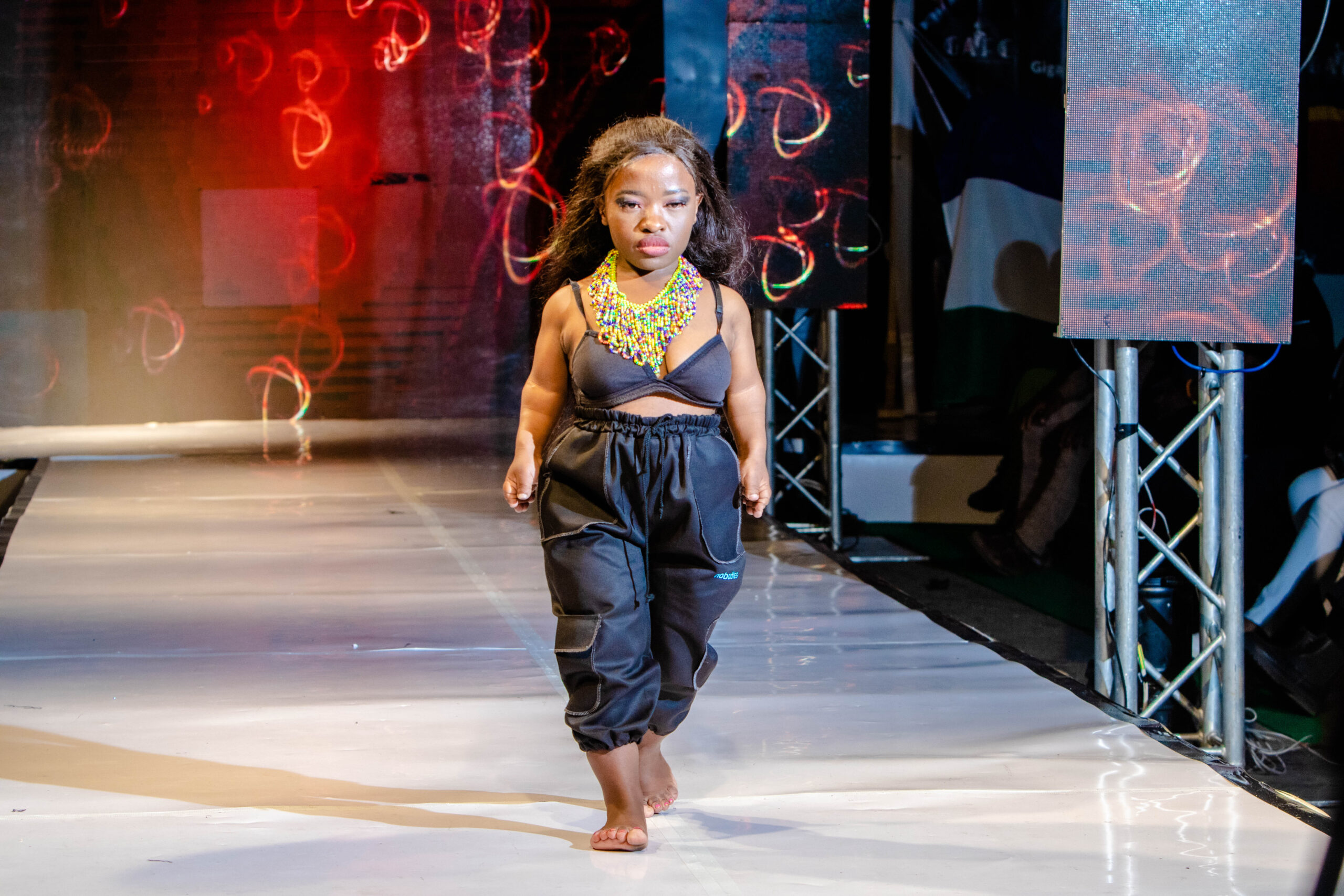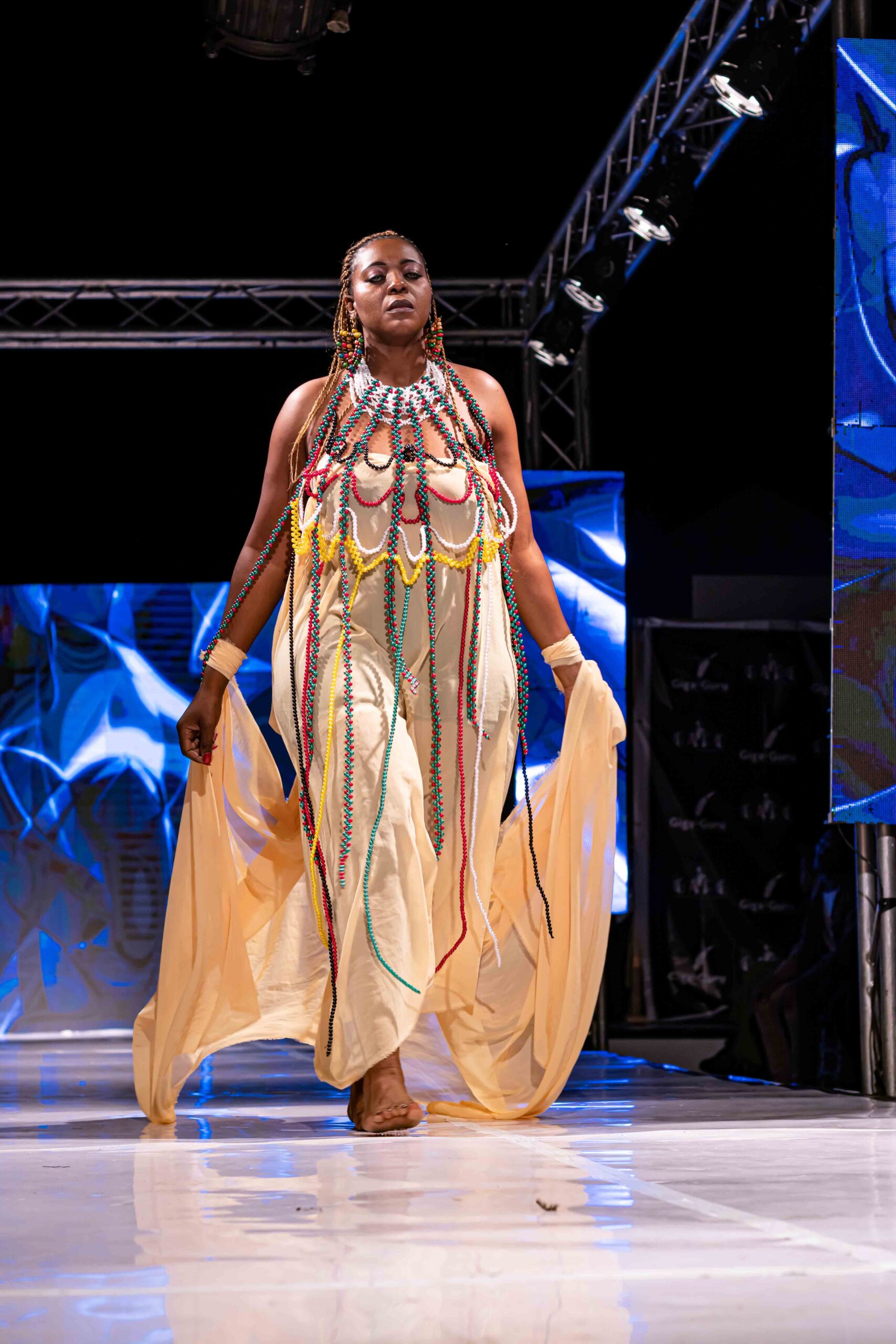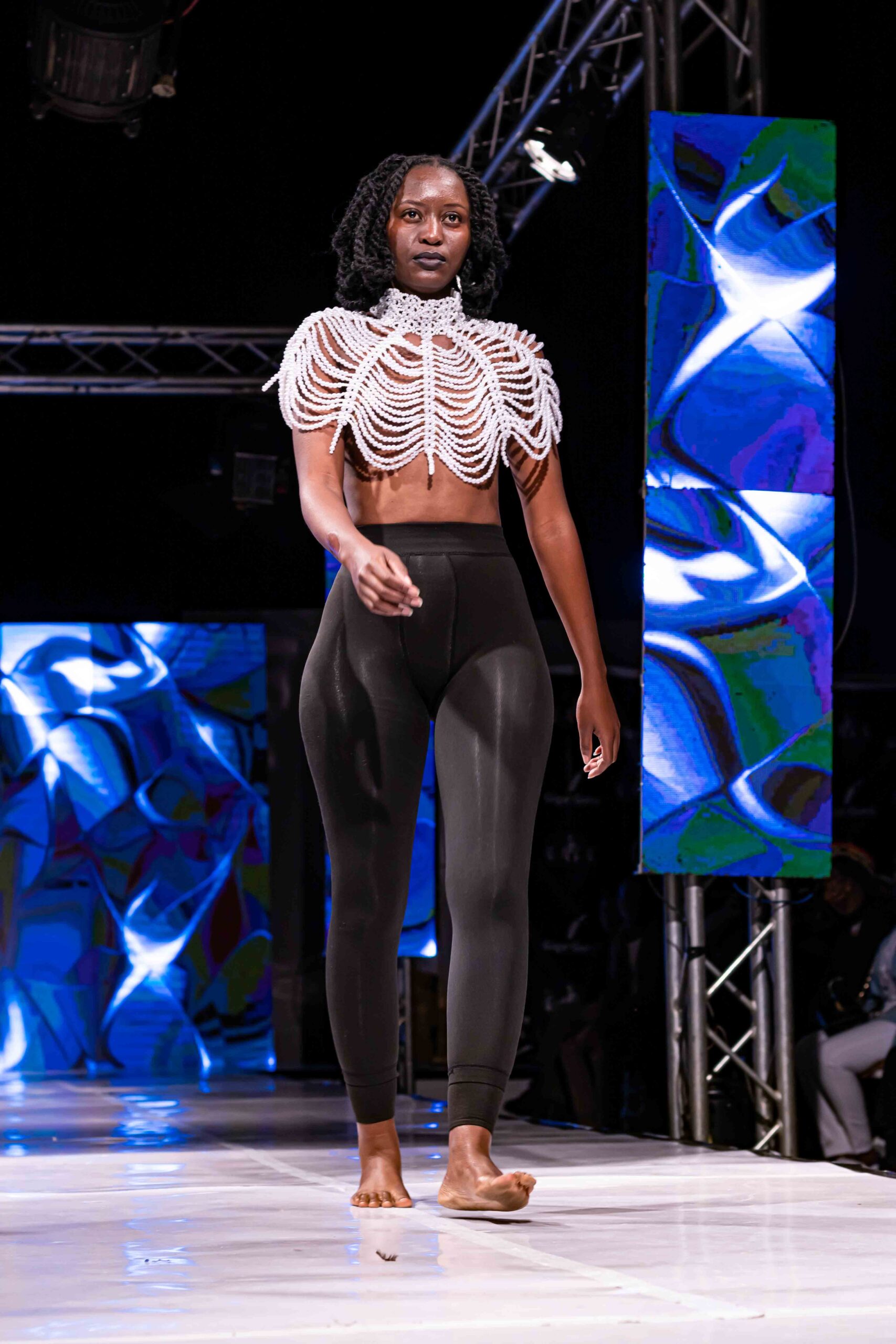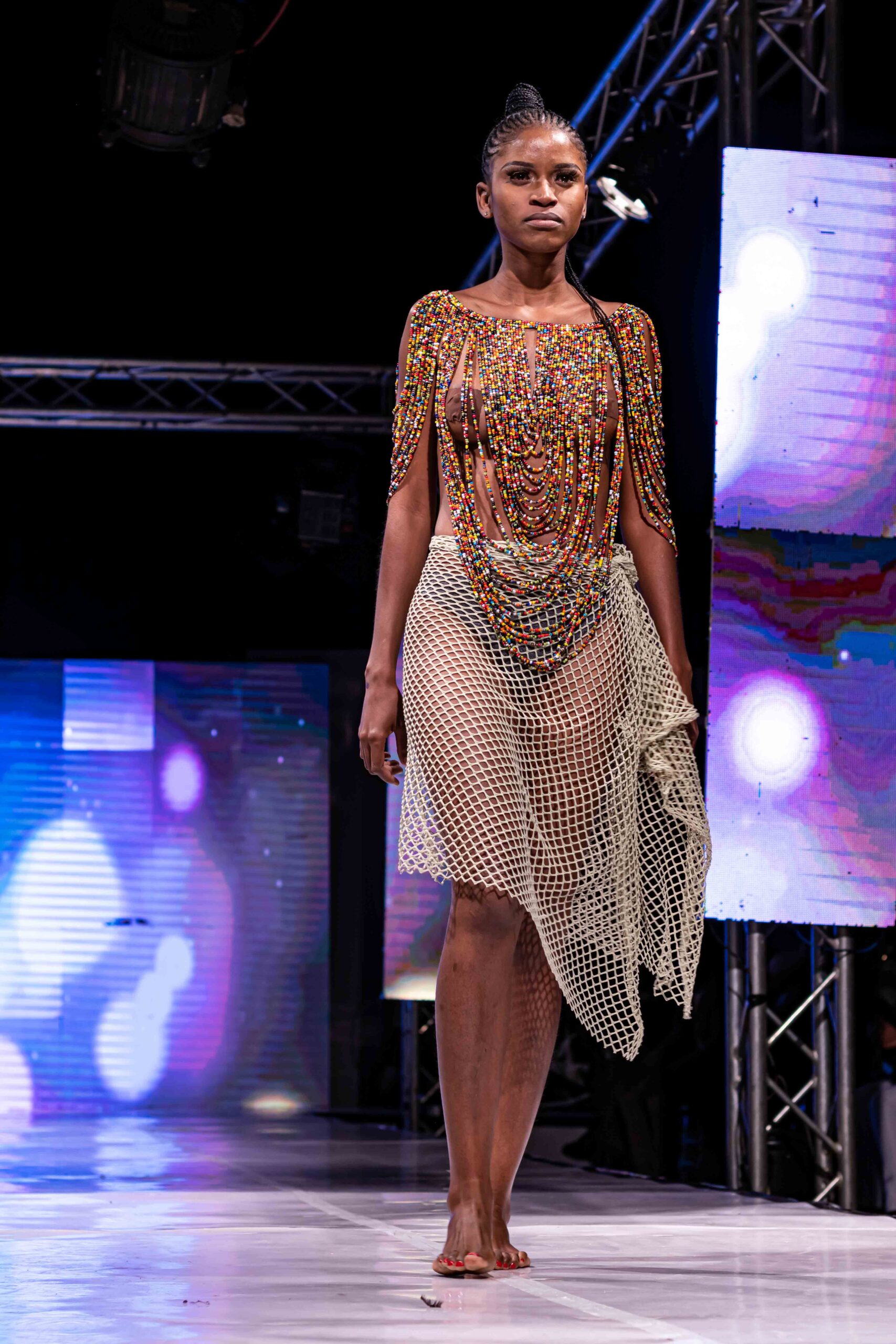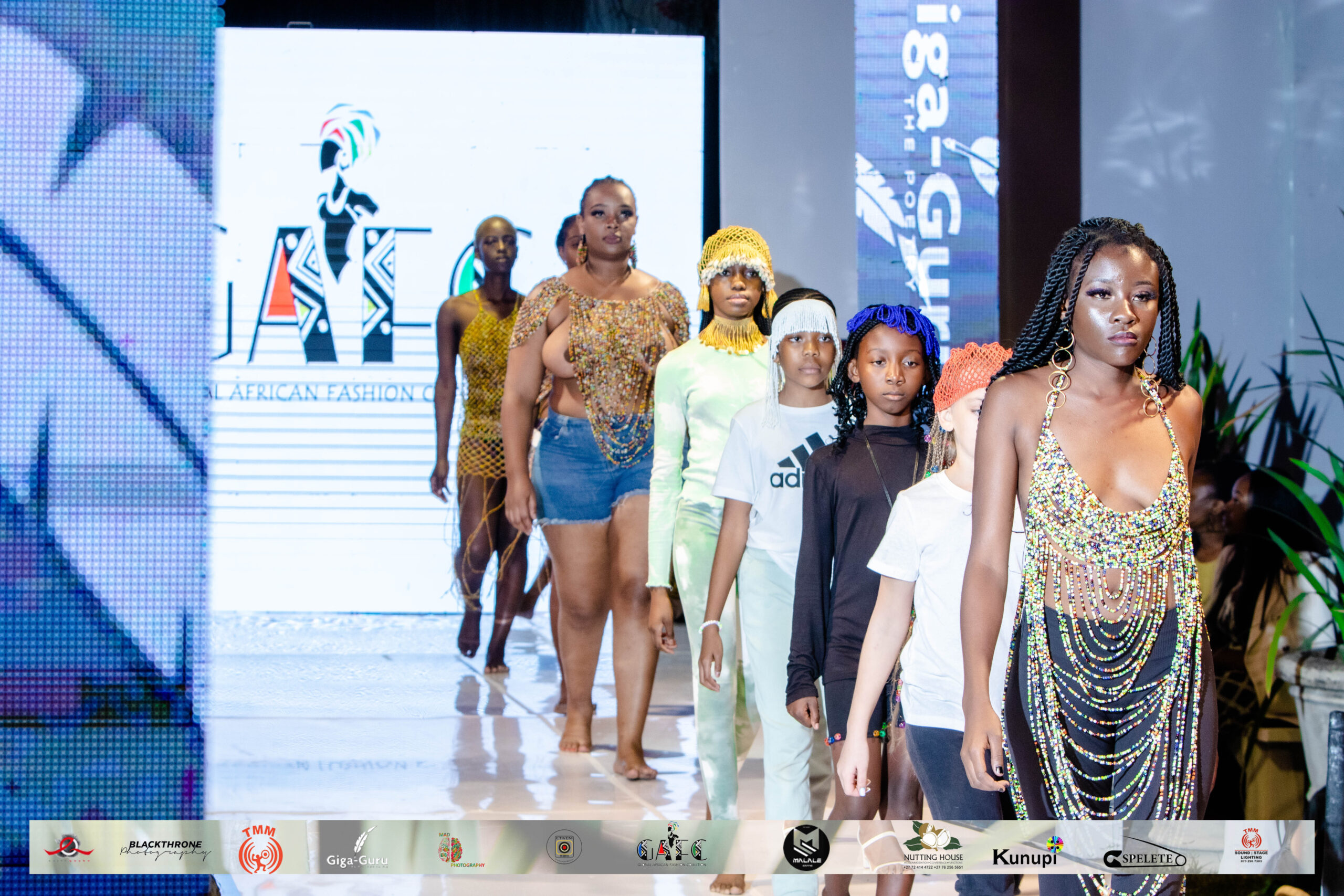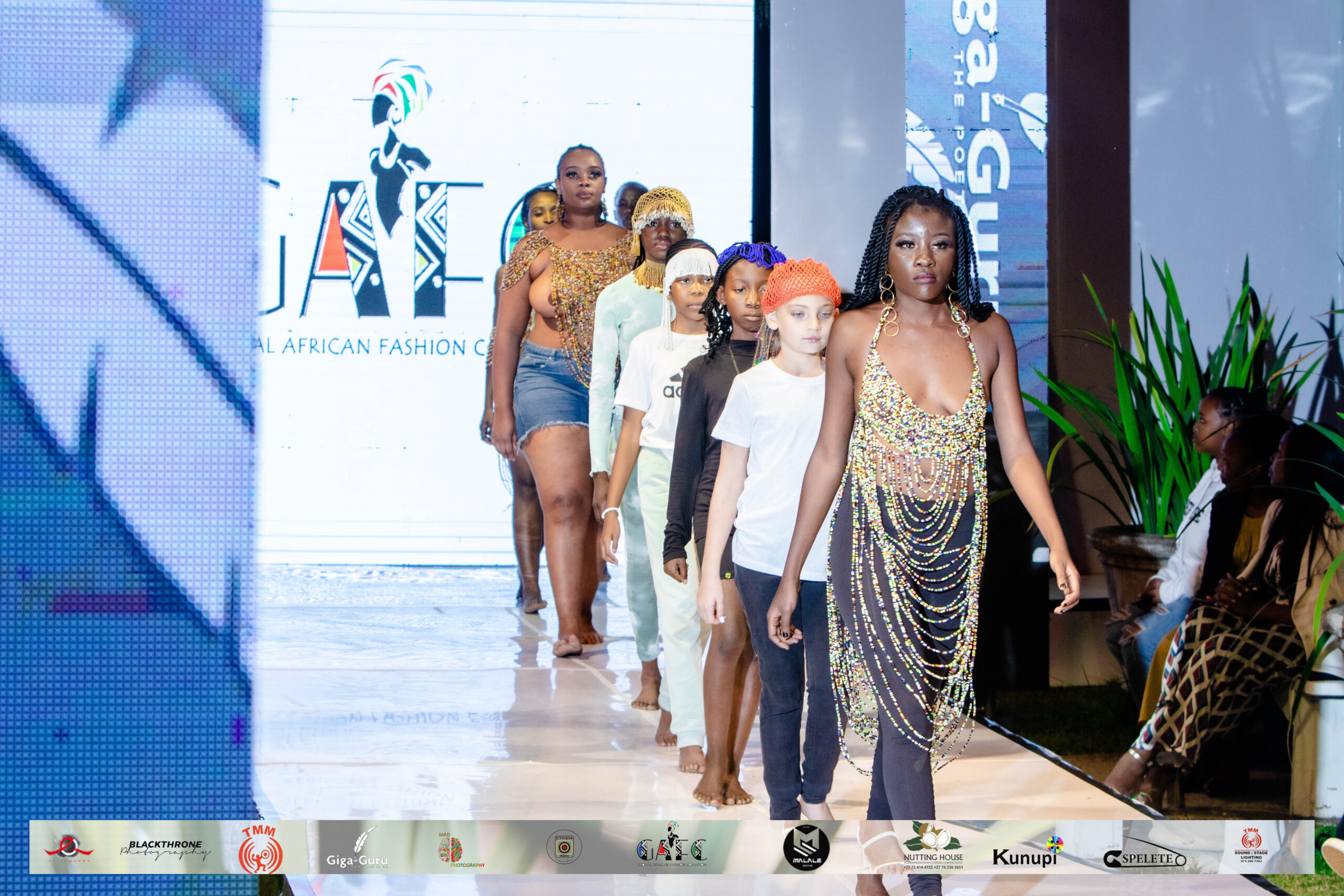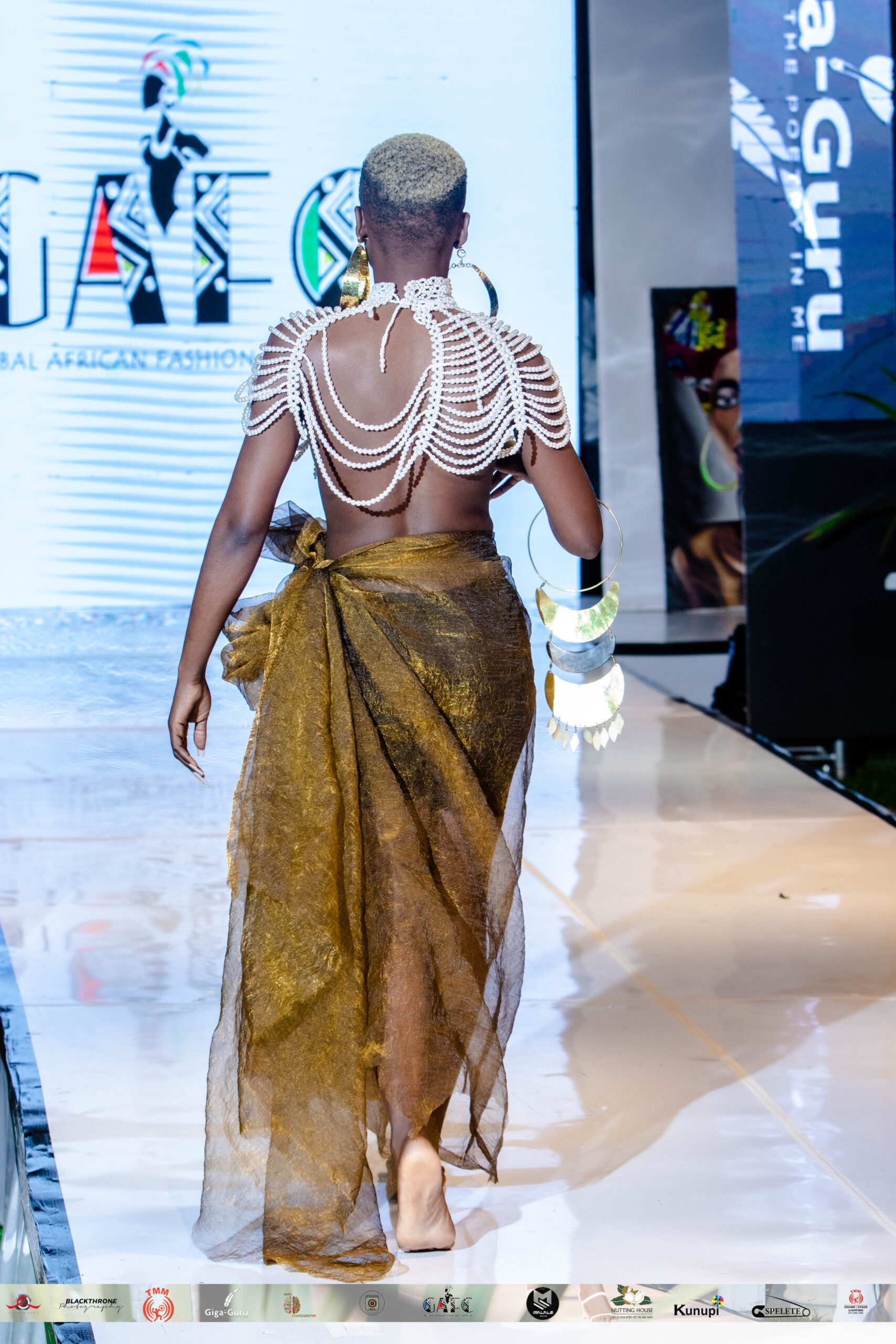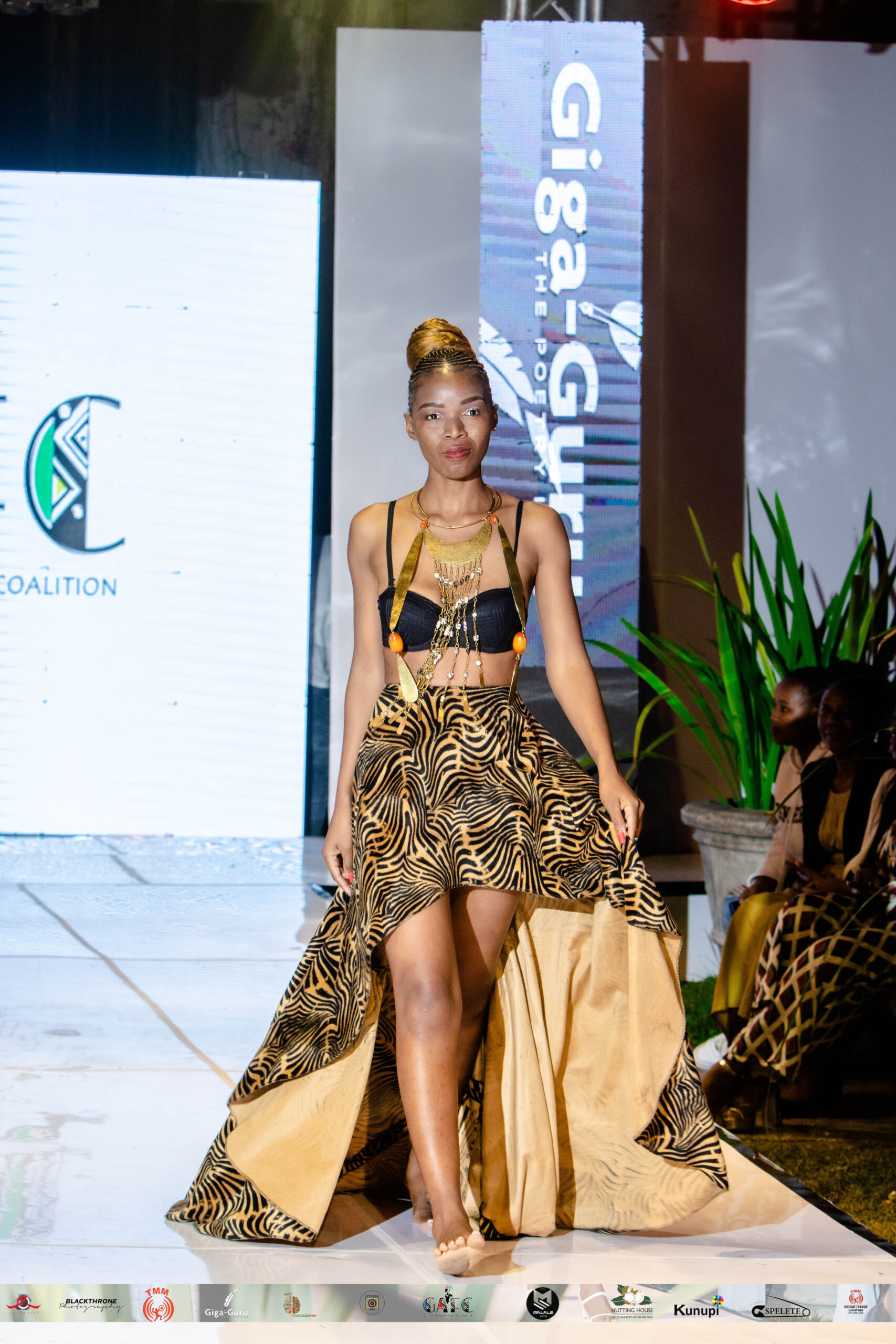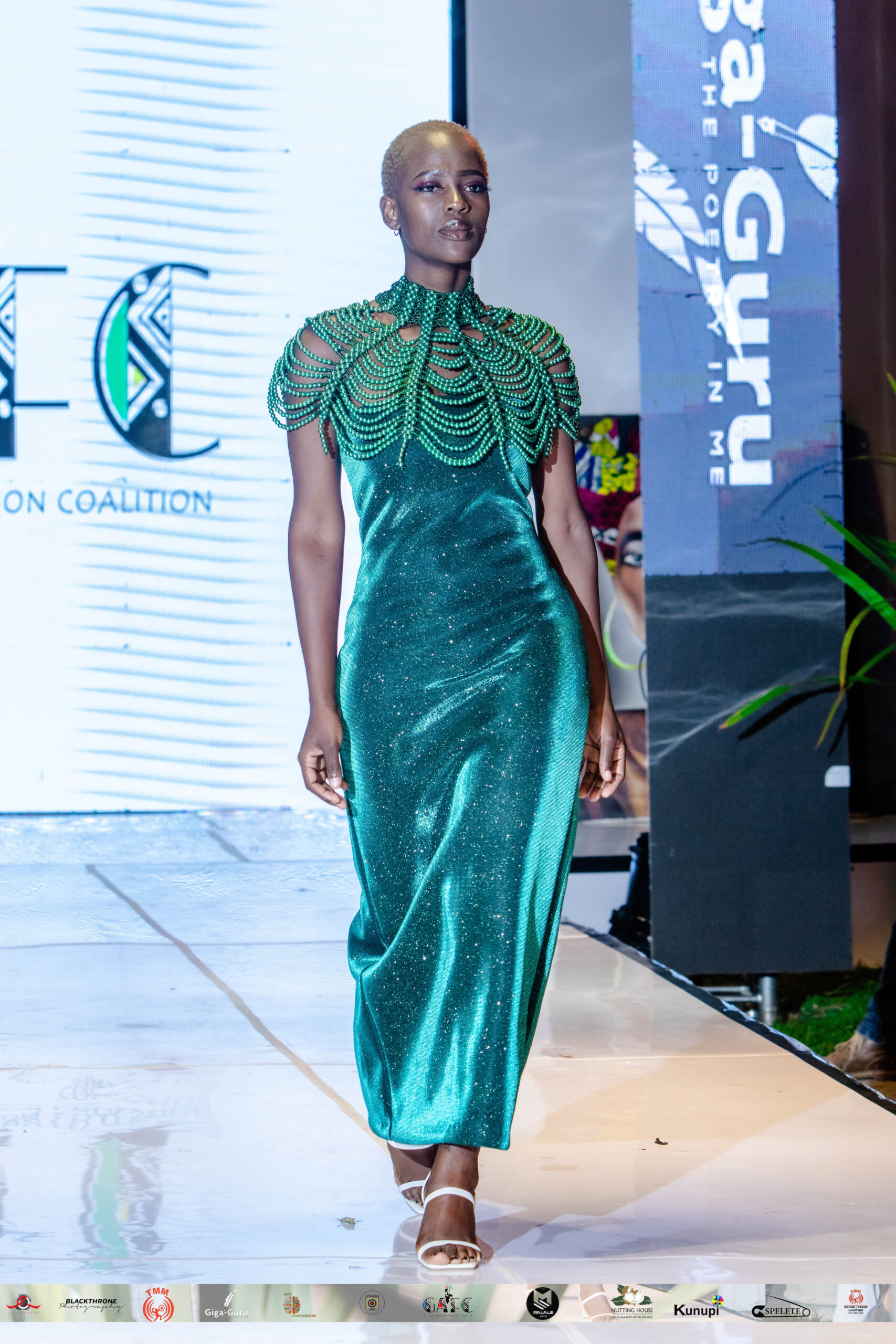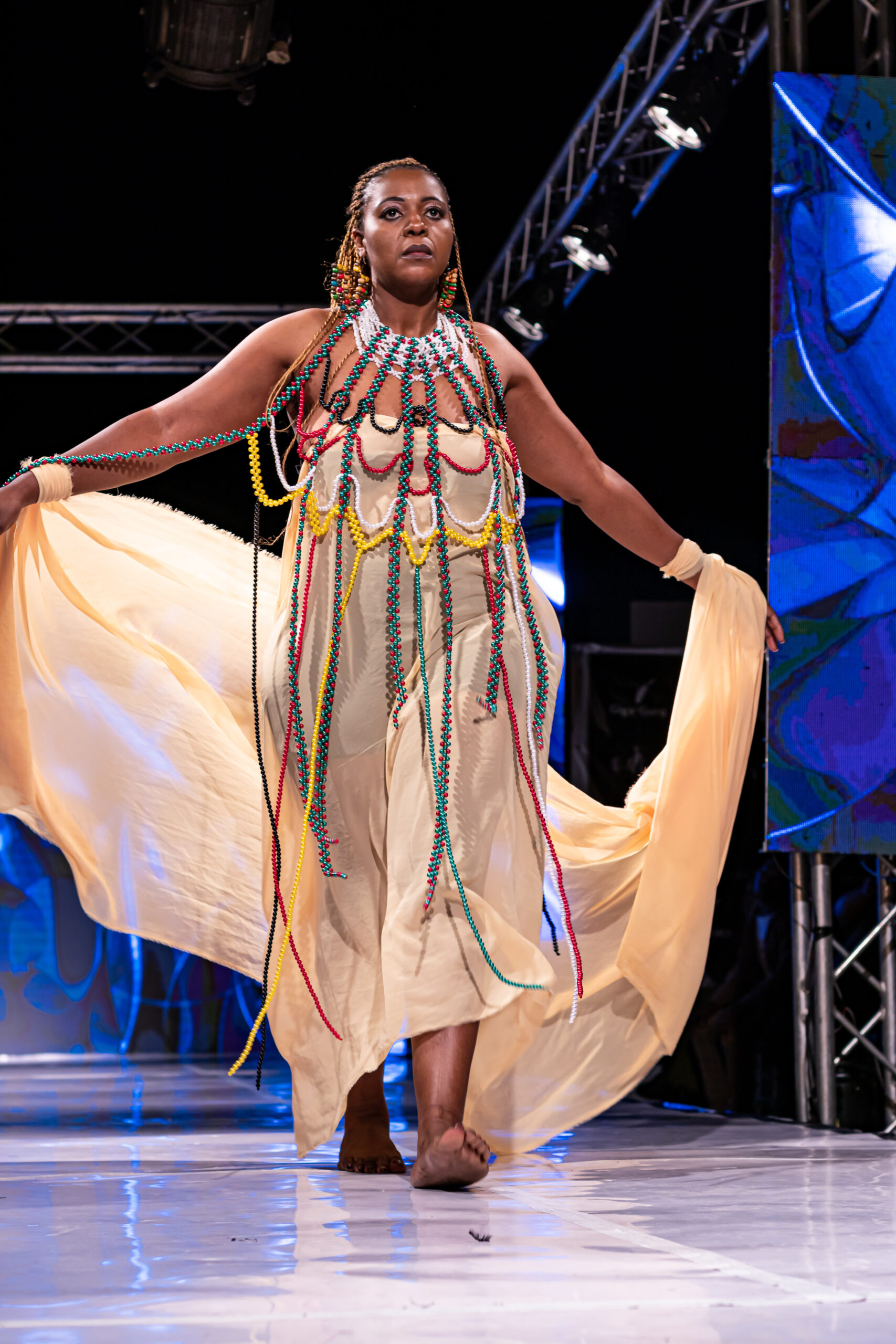From African Villages to Global Runways
With a single vision to take Africa to the world, Shiko Onyango’s passion for merging art, talent, and community development brings to life an exceptional brand that celebrates Africa’s diverse heritage. As Fab Art Icon for this month, Fabl’style Magazine brings you an intimate conversation with the visionary mind behind Tribal Trends, where wearable art becomes a powerful canvas for self-expression, cultural significance, and social change.
FAB: Why and how did you venture into this career path? What is your story?
Shiko Onyango: My story began when I was in school in Maasai land. My friend taught me how to make beads. Even though I wasn’t consistent with it at first. I am not very good with books, but I am good with people and communication. I think I was born with the gene for creativity. People call me the creative wizard. I had a rough time getting a job and finding a place to keep my child as a single mom. So I decided to focus on beading. I started with making a few earrings, and I discovered that with consistency I could feed myself from it and keep the business going. I focused on my creativity and humanity. That’s my story.
Now, I empower people who have potential because I know that no one is born with nothing. Seeing where I am coming from and where I have gotten to, I can say that the lure has been massive growth, and if I can experience such growth, then it can happen to anyone.
FAB: Today, You are known for jewellery and accessories inspired by African culture. How do you ensure that your brand stays true to its roots while also appealing to a global audience?
Shiko Onyango: By staying unique, by giving other people opportunities, and by doing what has been done before but in another way.
FAB: I understand that your brand’s mission involves merging art, talent, and community development. Can you elaborate on the role that art plays in fostering social change and empowerment?
Shiko Onyango: One thing I ask myself is how our people survived before colonisation, schools, and civilization. They all worked together to achieve things. For me, I go out to look for clients. There are people who have enough time on their hands but are without jobs. When you go close, you discover that they have ideas and skills, and if you tell them what you expect from them or just allow them to be creative, they produce something good. That is how you create a community of people doing different things with the same mission.
FAB: Do you believe that art has the power to change the way things are done in a community or among a group of people?
Shiko Onyango: God himself is an artist. We can see that everything created by God is perfect. Art is anything that you see. Art is stronger than politics. It is in us. I tell people to activate it. If you don’t, you’ll never know your true potential.
FAB: Is there a framework you use to get people to activate their talents?
Shiko Onyango: I do that every day because I am a designer. When I find someone doing something creative and artistic out of a hobby and doesn’t know that a living can be made out of it, I make suggestions on how they can be more innovative with it and make a living. For example, when I see a person drawing, I could suggest they make drawings of fabrics, clothes, or even ‘matatus’. There’s a matatu culture in Kenya, and it’s very unique, and people earn from it. It helps them to think big.
FAB: Tribal Trends stands out for its handmade creations. How do you maintain quality and consistency in your products?
Shiko Onyango: I work with a community. The community does my production because they have time and they need jobs. Mass production needs manpower, which we have. We offer these people skills and training on how to do these things. I am a designer. When I receive orders, I design and include the right measurements, then I call the community and do training with them because, from the design process, I’ve done my homework and I know what could possibly go wrong in production. The training helps them understand how everything should be: the right materials to use depending on the design, the right fabric to use if it’s a fabric design, or the right wood and size to use if it’s a wooden design. The people do these jobs that could originally take months to do in a few weeks because they are many. There is power in numbers.
FAB: What does quality mean to you?
Shiko Onyango: Quality is the reason I buy something. Some people consider materials to be quality; some people buy things because of the materials used, while others buy things because of the brains and creativity behind them. Stay up to date on the newest in the world of Fashion, Arts, Beauty and Lifestyle; Follow FAB on socials.
FAB: How do you aim to bridge the gap between different cultures through your designs? What message do you hope to convey to those who wear your pieces?
Shiko Onyango: I look at the future, and the question I ask is: how are we going to keep our cultures preserved ten years from now? How will the forty-two tribes of Kenya be presented? There’s a way fashion has been cocooned in a box to limit what fashion is to us so that when it comes to African culture, we don’t look at it like it’s fashion. We see them as souvenirs and museum objects. But in ten years, I want to see how a Maasai woman would look in this modern world because modernization is going to take over and we need to put our culture there. If it is through fashion, then how do we represent all the tribes and Africa in general? How do we present our jewellery, wearable arts, masks, big earrings, tattoos, and face marks? We need to tell people that this is acceptable and not taboo. It is a way of life, and whatever was brought after is new to us.
All Africans have beaded jewellery in common. We’ve always had our own clothing, accessories, and fashion before the white man’s. We could walk bare-chested without being called crazy; we had the Maasai long ear piercing, which was considered beauty and not illiteracy. I am concerned with representing and bringing these things back into the future.
Fab: African cultures are incredibly diverse. How do you go about selecting specific elements or motifs from these cultures to incorporate into your own designs? What factors do you consider to ensure that cultural significance is respected and celebrated?
Shiko Onyango: I know that as Africans, we are very creative, and what I do is put my mind in a creative state that is not limited by anything. I do not limit myself; I just let it flow.
FAB: Is there a way your products blend different cultures together?
Shiko Onyango: Yes. An example is the Maasai and the Kikuyu tribes. The Kikuyu have beautiful headpieces worn by women and their tribes that have tribal marks and face cutting. For us at Tribal Trends, instead of cutting our faces, we make face jewellery. Instead of wigs, we go with the Kikuyu headpiece, and we have the Maasai crown. We are bringing them to you in the form of wearable art.
FAB: Your brand motto says “Build it and they will come; here we set the trend and the tribe follows”. Could you elaborate on the meaning behind this statement and how it reflects your ethics?
Shiko Onyango: The main goal here is to decolonize people’s minds. We have been programmed to think a certain way. There are people who don’t know where they belong, so they want to create their own style because they know what they want, but society has defined style in a certain way. So when I say that the tribe will follow, I attract people with the same mind but different ideas. We are creating a new generation that can express themselves through art, fashion, and heritage without being put in a box or asked to think in a certain way. That is the tribe I want to create.
FAB: How does Tribal Trends approach sustainability in its production processes and material sourcing, and what steps are you taking to minimise your own environmental impacts?
Shiko Onyango: We are trying to go the natural way. We use recyclable materials like glass beads and wooden beads. We recycle and use bones. Also, we make other pieces from waste leather, so very little is thrown out.
There’s a workshop here where they produce beads from bones, and we make bags from sisal. Sisal is grown in Ukambani, Kenya, the driest place here. Sisal is used to make bags and baskets, which are some of the most popular things in Kenya. Ukambani has a lot of people with no daily source of income, but if you go to them and offer them skills, they form their own team and community, and then I help them find buyers. They get encouraged when they see that their work fetches them a means of livelihood, so they work hard and find ways to perfect their craft. At Tribal Trends, I work with people in communities that cannot be employed. I work with stay-at-home moms, ex-convicts, and outcasts in society. Art is therapeutic, and it will also put food on their table. We are here for each other’s balance.
FAB: How do you ensure a fair and sustainable partnership with your community of artisans?
Shiko Onyango: By creating style and by showing people how important it is to have what we do. Most of my earrings are made by these people, who take pictures and influence, send pictures to clients who love them, and place orders immediately for large quantities. I source the production out and split the profit. The more orders we have, the more artisans we have to employ. We continue growing each other by word of mouth, influencing each other, and wearing our own stuff.
FAB: Collaboration is a catalyst for innovation and creativity. Have you explored any collaborations with other artists or brands that align with Tribal Trends’s vision, and how have these partnerships influenced your work?
Shiko Onyango: I have partnered with artists like Yemi Alade. She wore one of our pieces for her music video, Shekere. This increased our visibility. More people got to know about us, and they were very impressed by our work. Our designs have also been seen on Fatoumata Diawara, a popular Malian musician.
African Eye Crafts is our major partner. We combine wearable art with home decor. For instance, most of their mirrors are framed in beads or waste leather and such
We have also worked with a brand in the US that sells wearable art. During red carpets, when people wear foreign designers, they ask them who they are wearing, but when you wear cultural attire, they don’t bother to ask who you’re wearing because they can already see that you are representing your culture.
So this US brand helps us influence western culture with our African accessories. It is not only about luxury but also about the history and process through which the piece was created.
FAB: How do you stay inspired and continually seek new sources of creativity in your designs?
Shiko Onyango: Looking at the past to see where I’ve come from keeps me going. I have such moments when I just want to sleep and have the money come to me. It is good to rest because you can’t create 24/7. Sometimes moments of rest are for you to digest what to create next. Inspiration can come anytime; sometimes it comes when I’m cooking. It’s good to remember that you’re first and foremost human and that mental health should not be ignored.
FAB: Are there any particular artists that have influenced your work?
Shiko Onyango: There is no particular artist, but I feel encouraged when I see someone growing. It motivates me a lot. I don’t think there is a best artist. Everyone is good, depending on what you’re looking for and what sides resonate with you. I am also a good artist and an inspiration to myself. Explore eFab Summer Edition now!
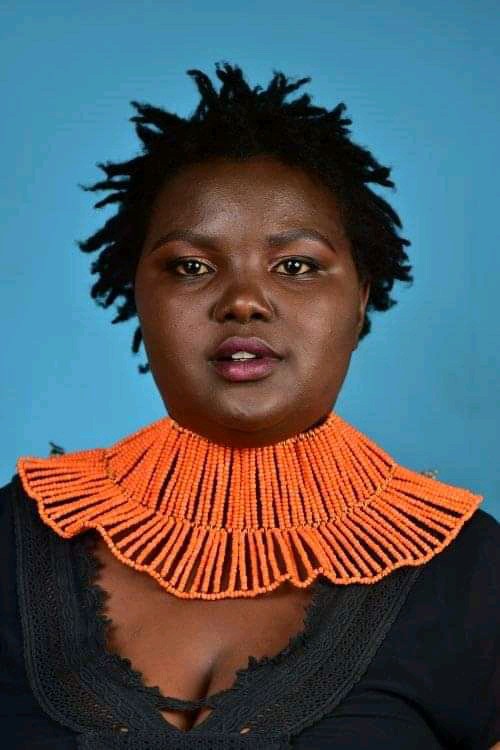
FAB: Looking towards the future, what are your aspirations for tribal trends?
Shiko Onyango: My main goal is to take Africa to the world through fashion, art, culture, heritage, and anything that involves Africa, including our food, culture, and lifestyle, because our story is never told in the right way. They always tell negative stories, but I want to tell them in the right way. Africa is bold, beautiful, and rich in culture. My dream is to take Africa around the world.
FAB: Are there any upcoming projects or collections that you can share with readers, and how do you think they will contribute to the evolution of your brand?
Shiko Onyango: Yes, I have an upcoming project in South Africa. It is a fashion show, and I have another event in the USA in September, and then I have African Fashion Week London, and there’s also a project that I’ve been running here about getting to the villages, bringing back the culture, and applying it to fashion and heritage. There’s a new collection called Culturale Naturale. We will be using all natural materials, including bamboo. We will be going across Africa to collect different things from different cultures, including sustainable materials.
Reach out to Tribal Trend: [email protected]






